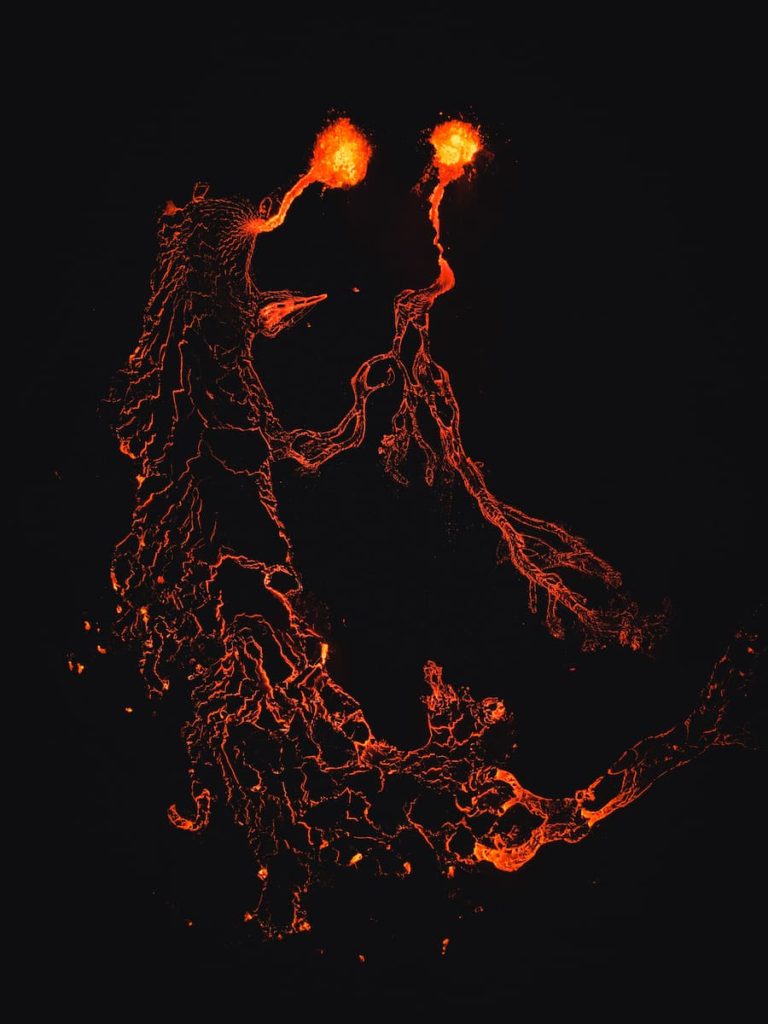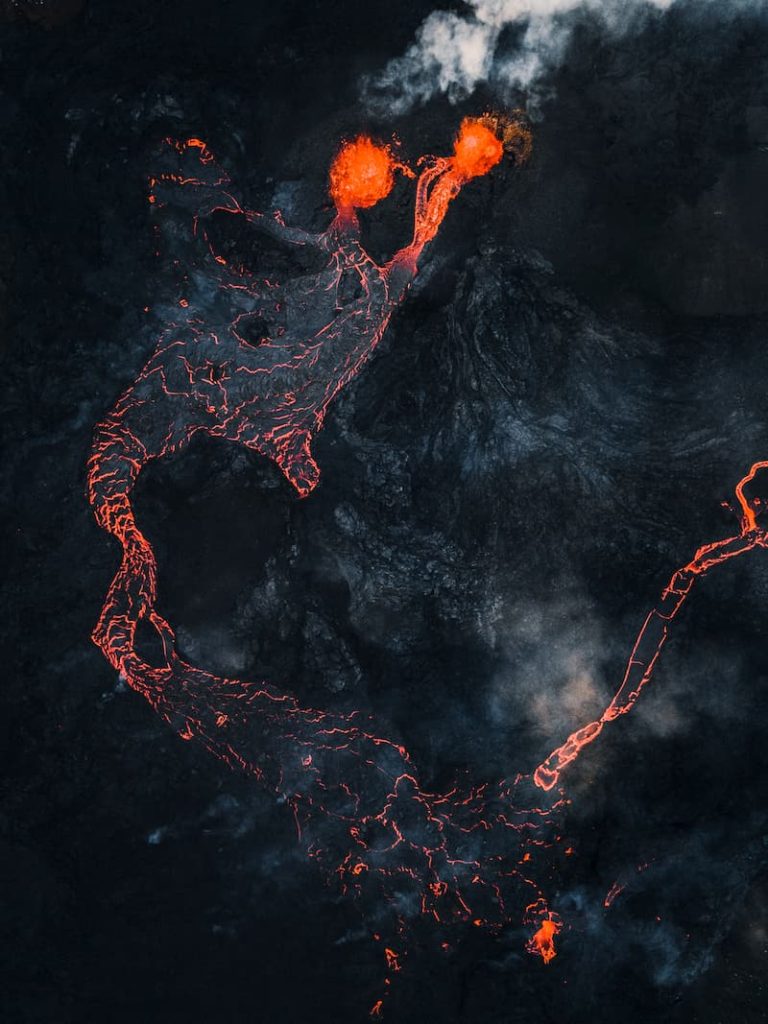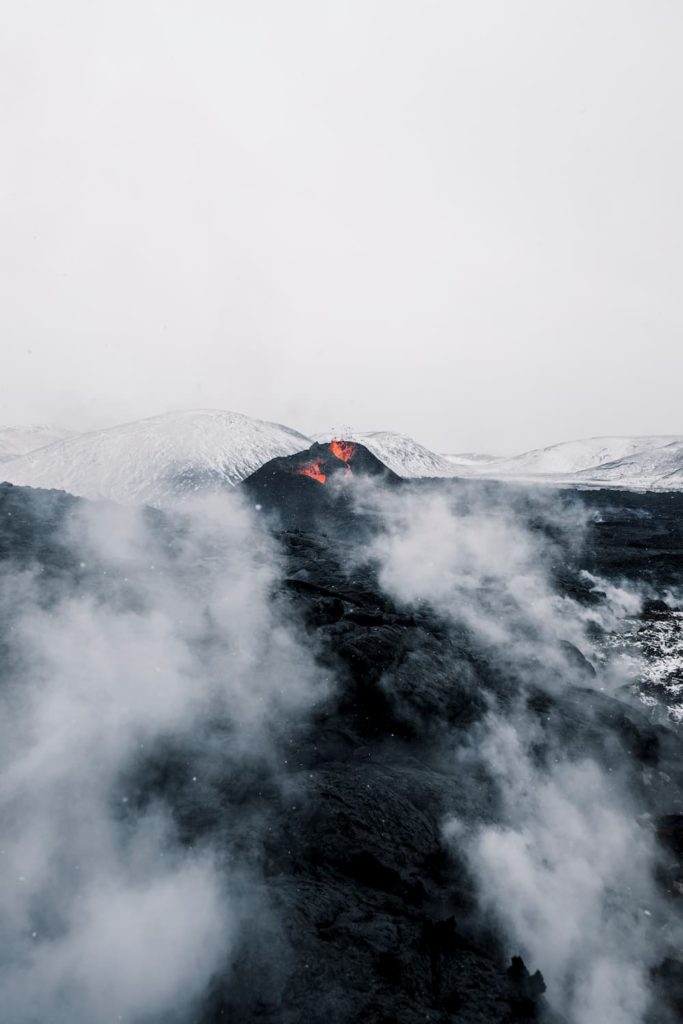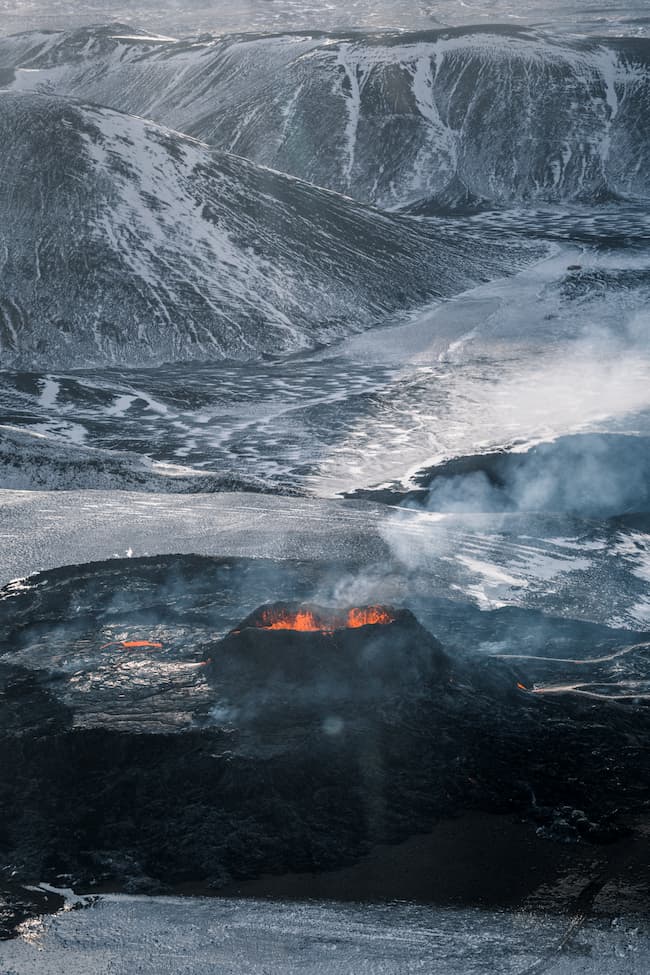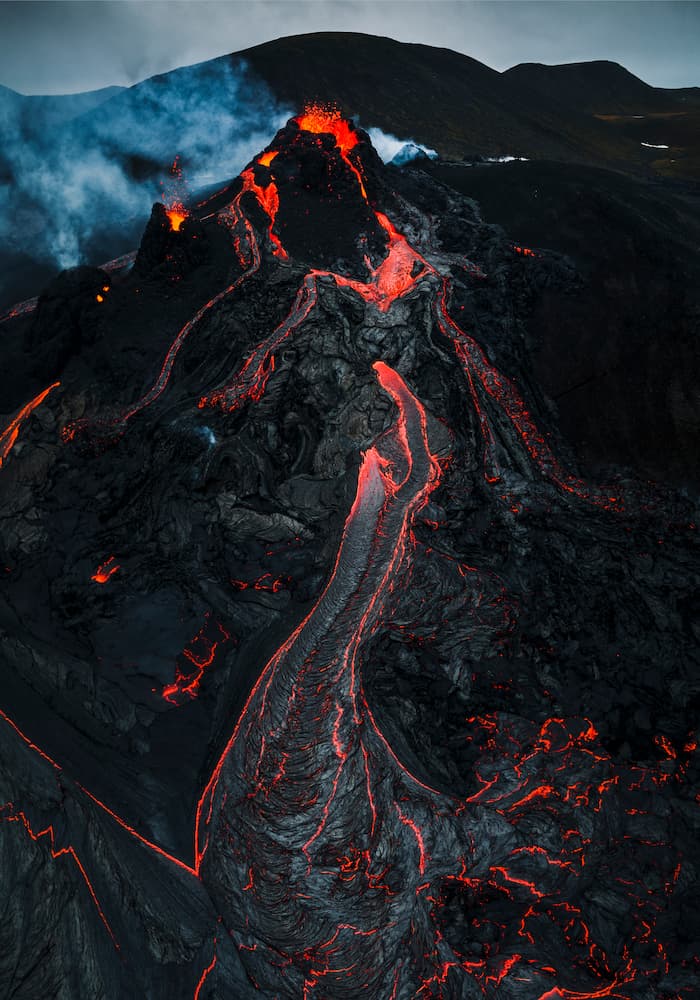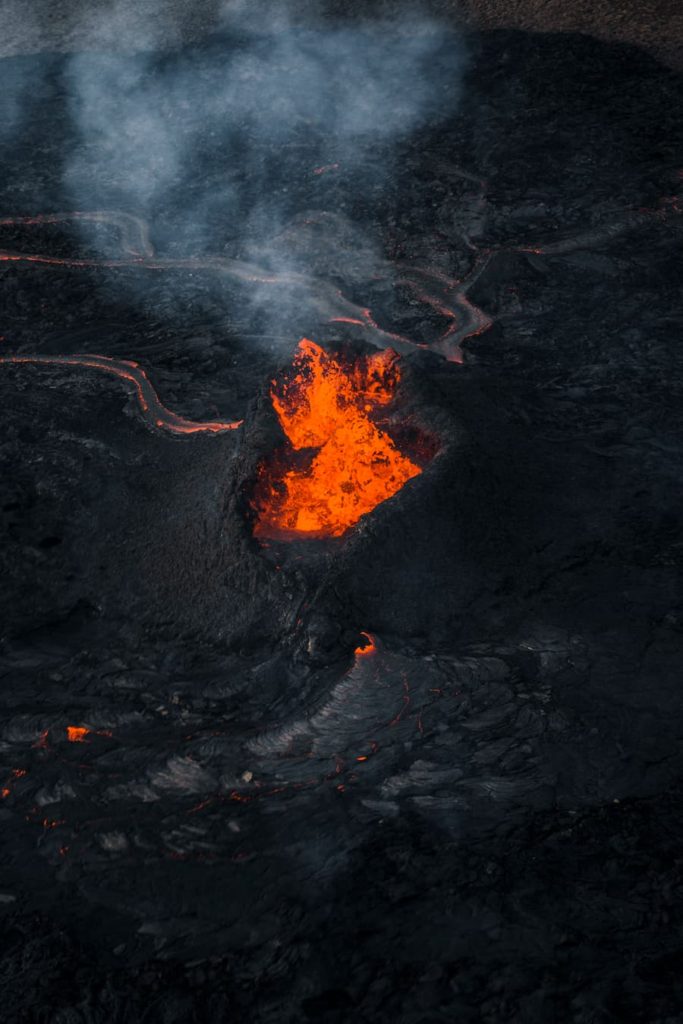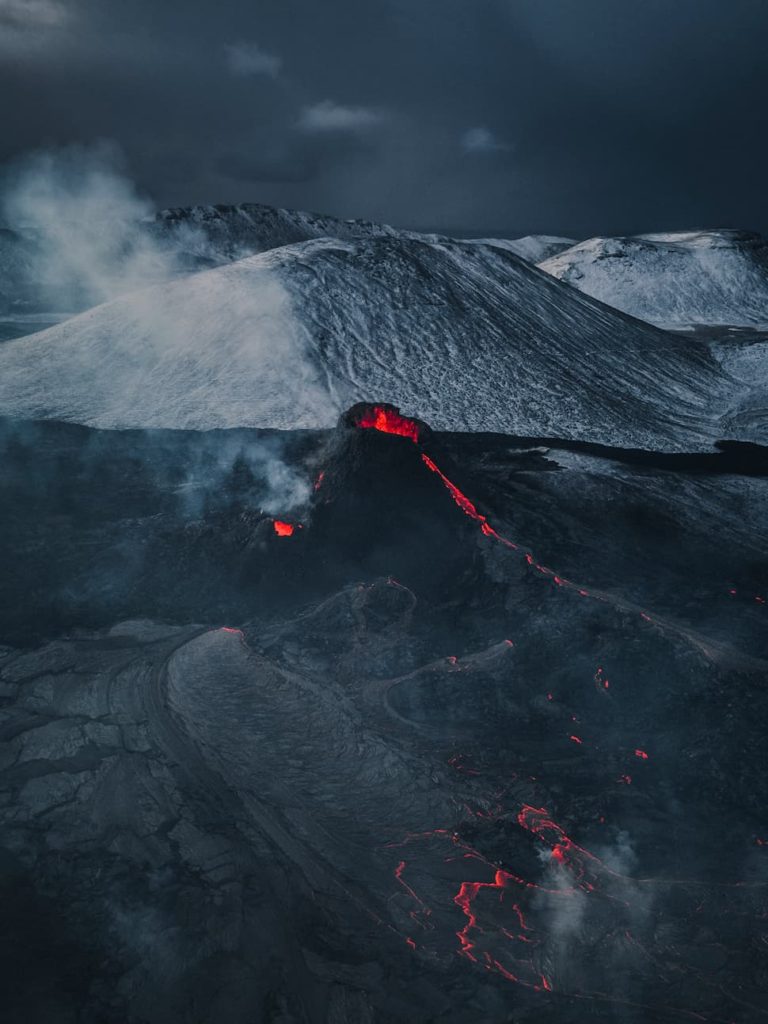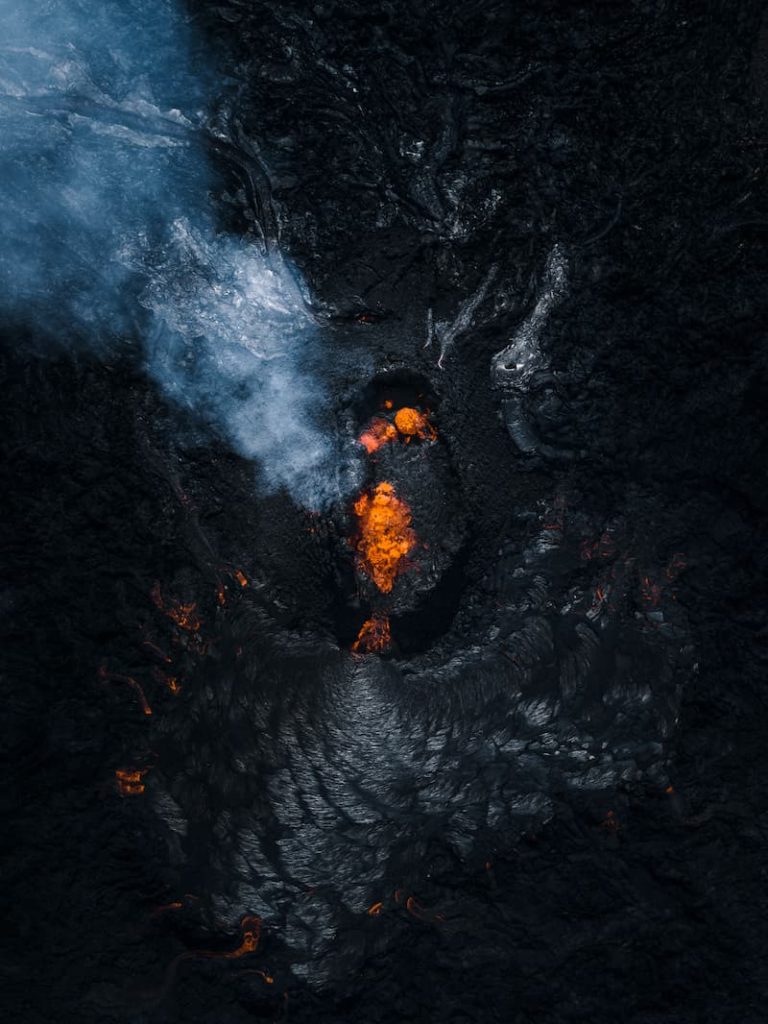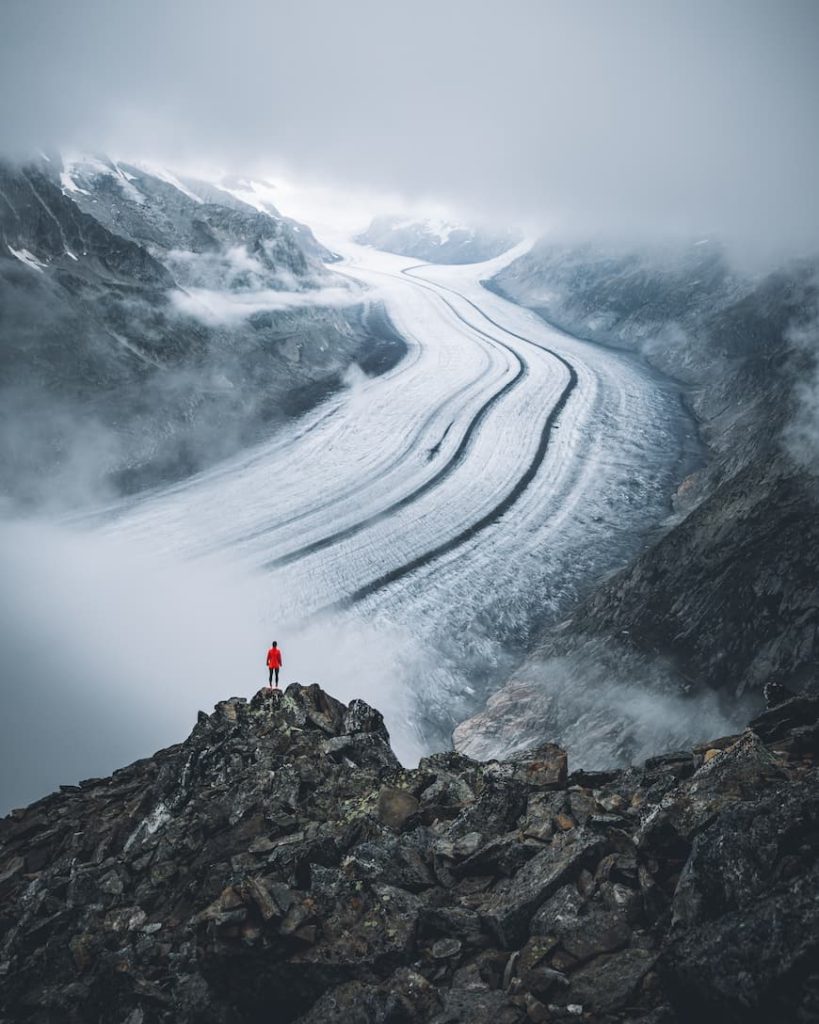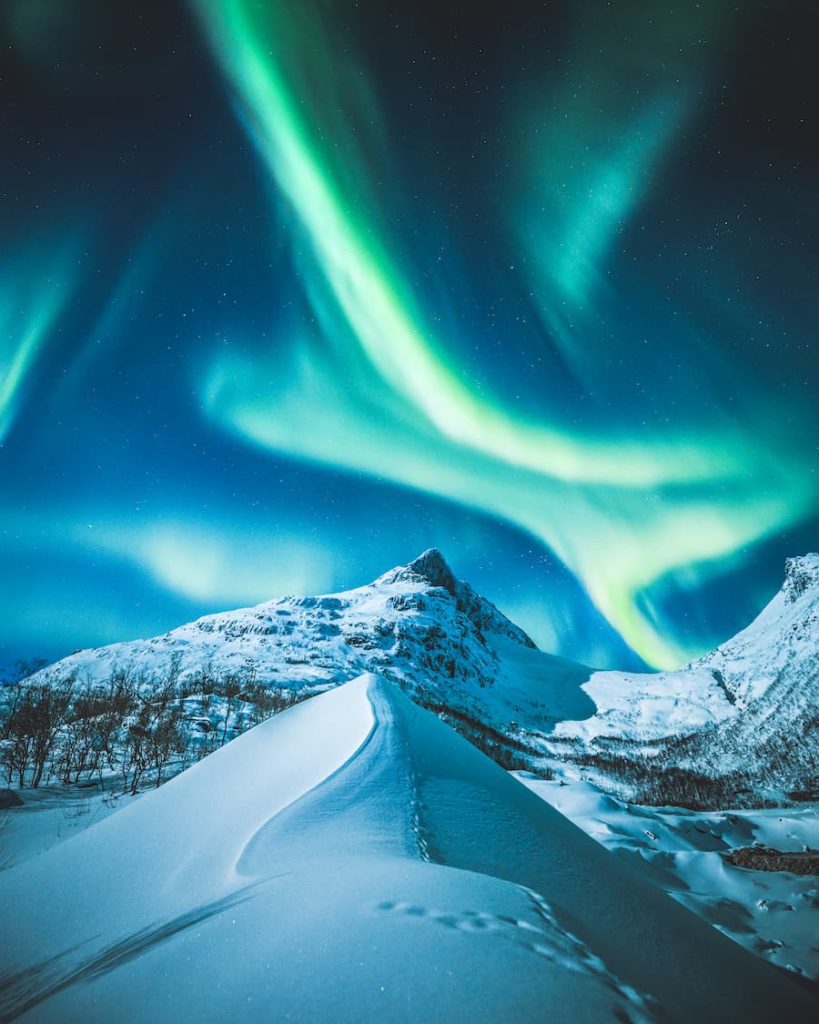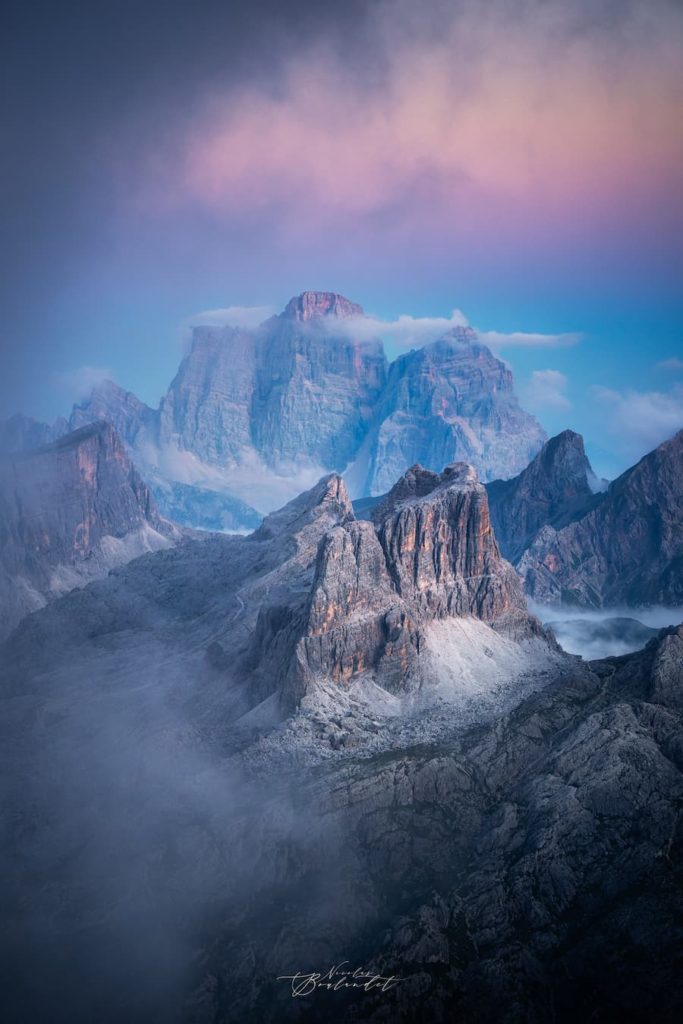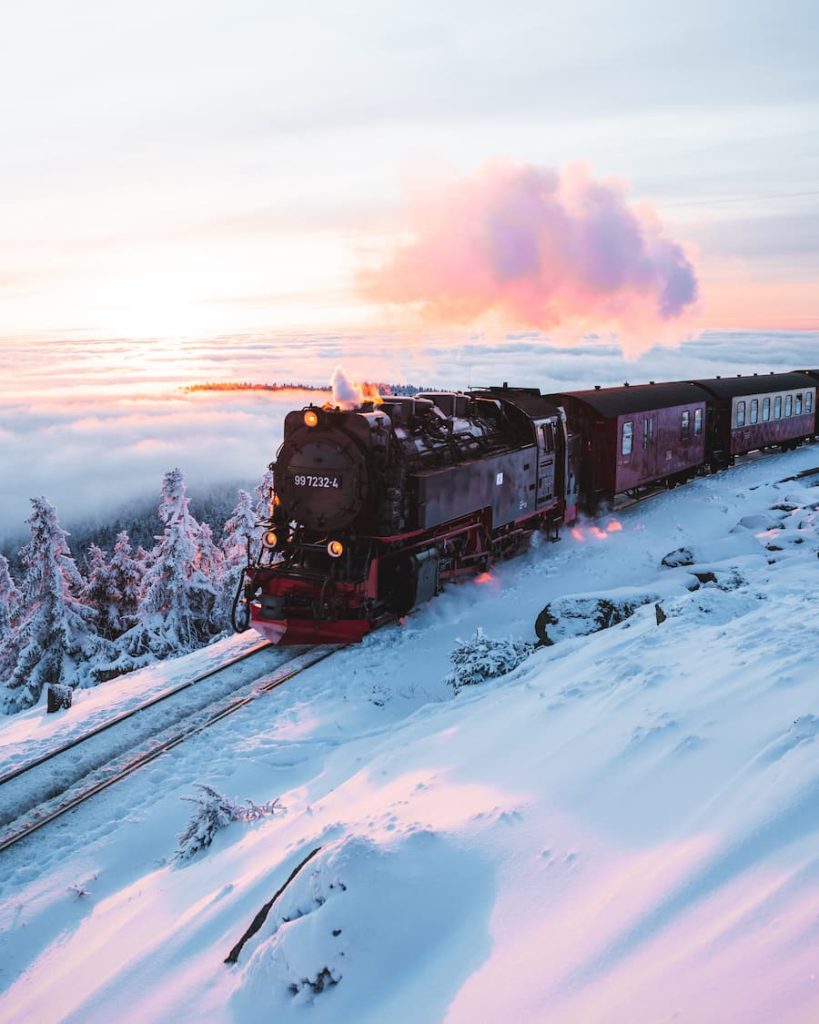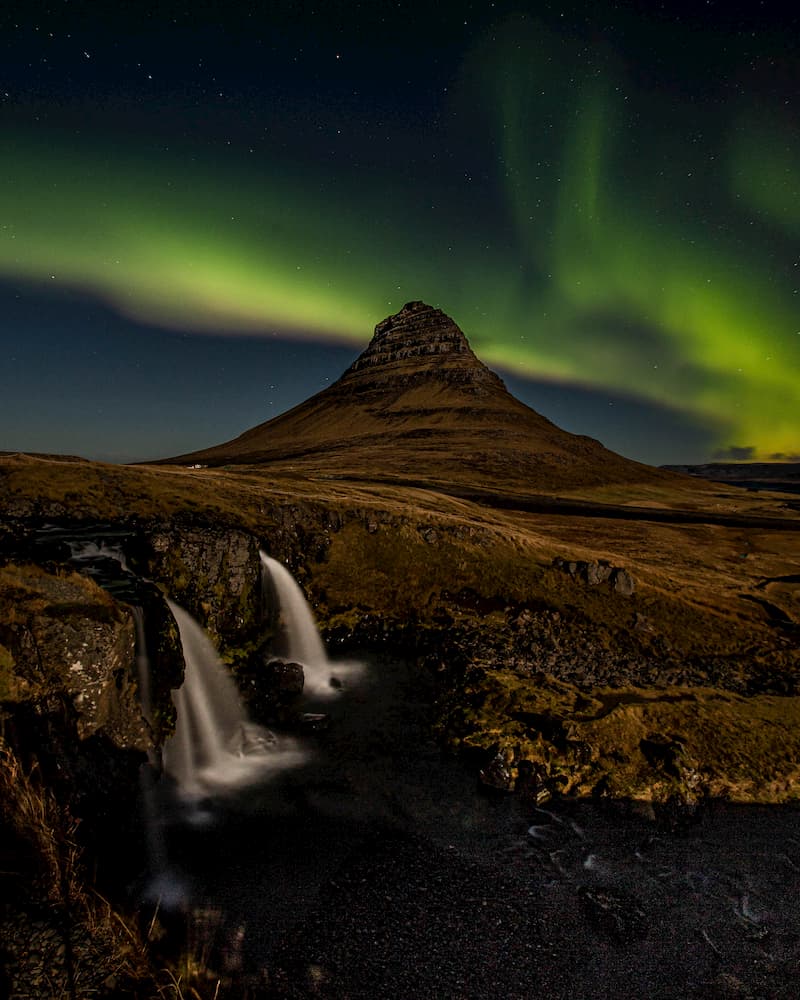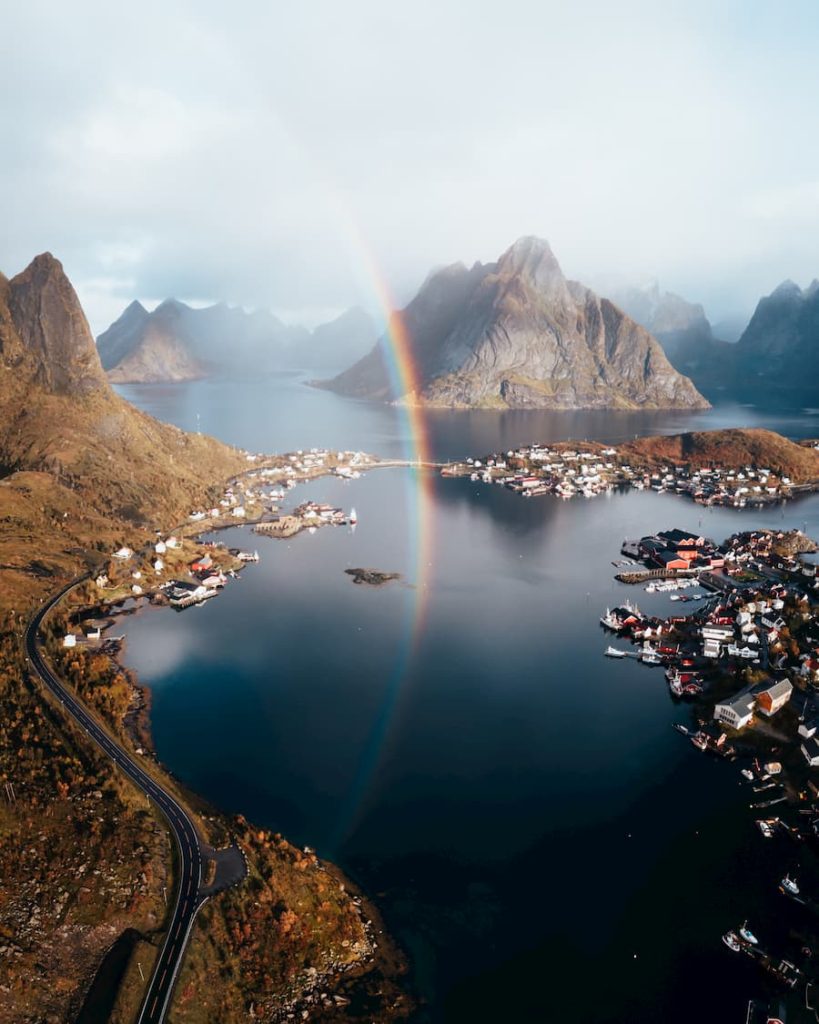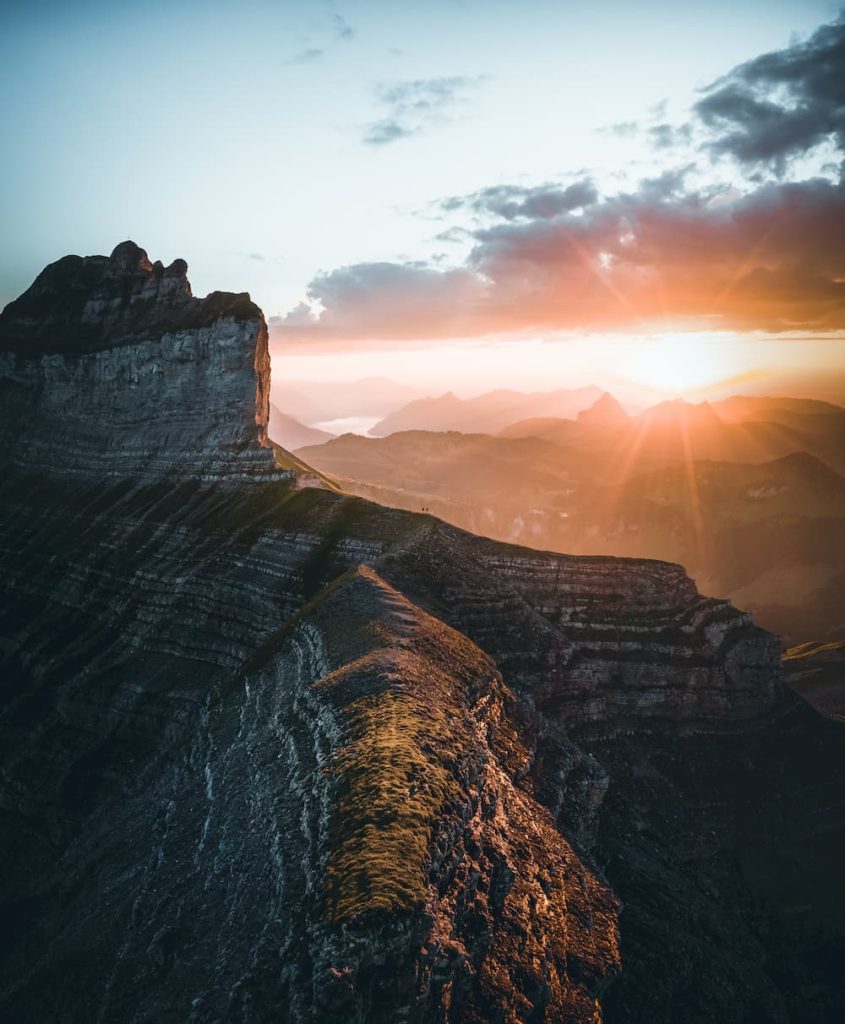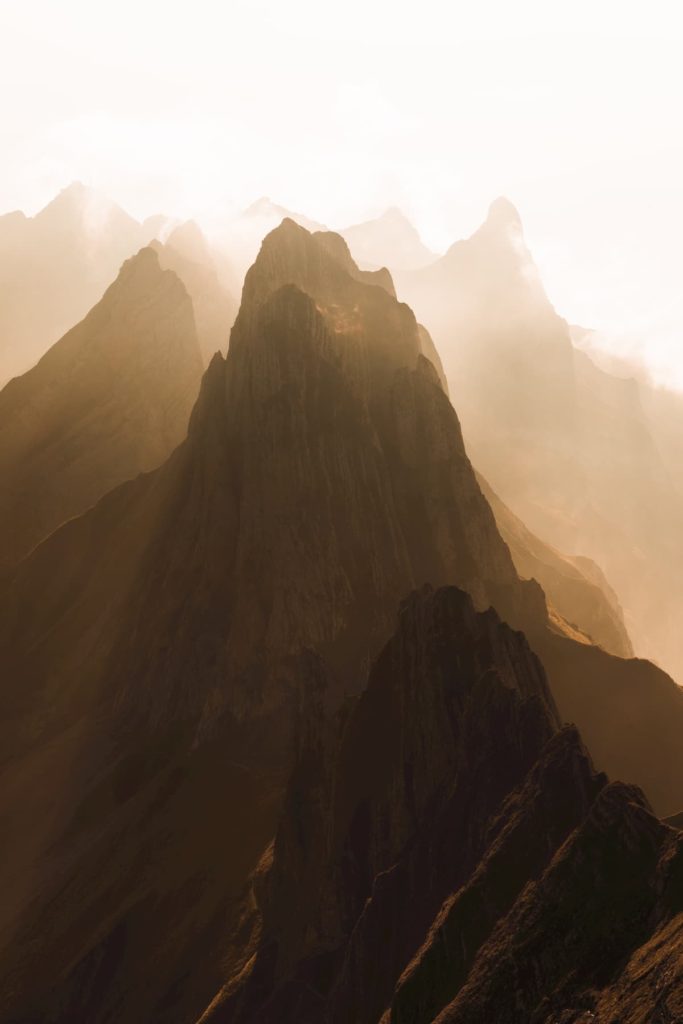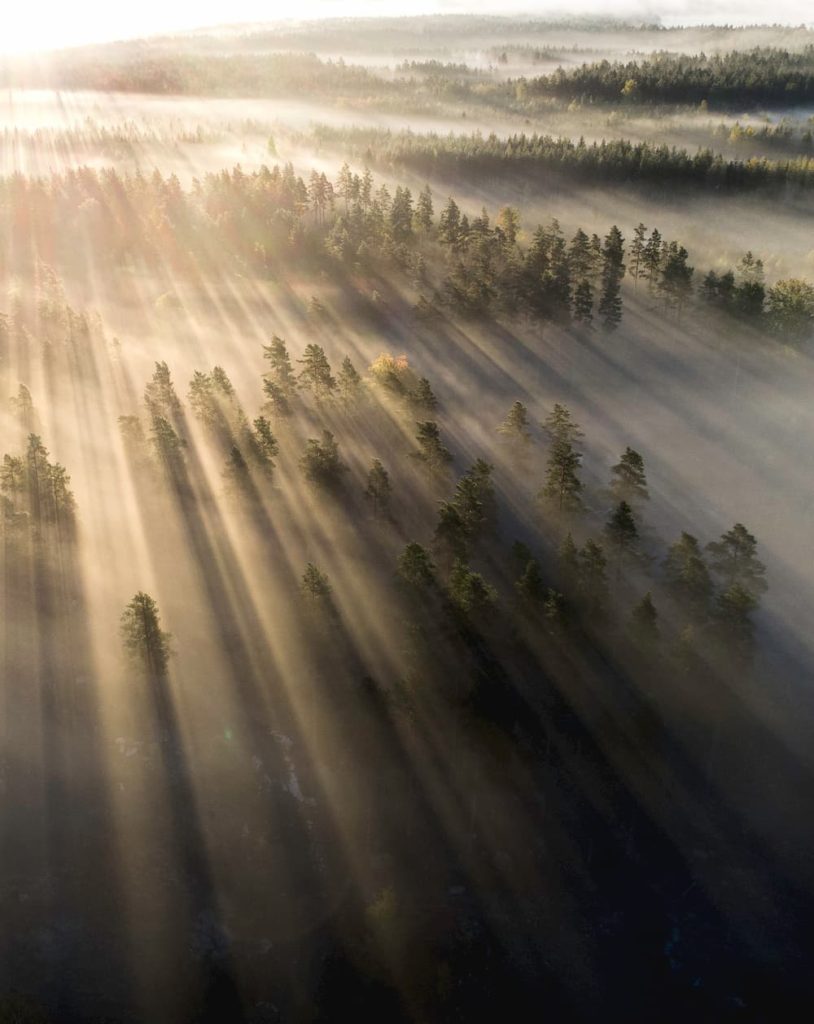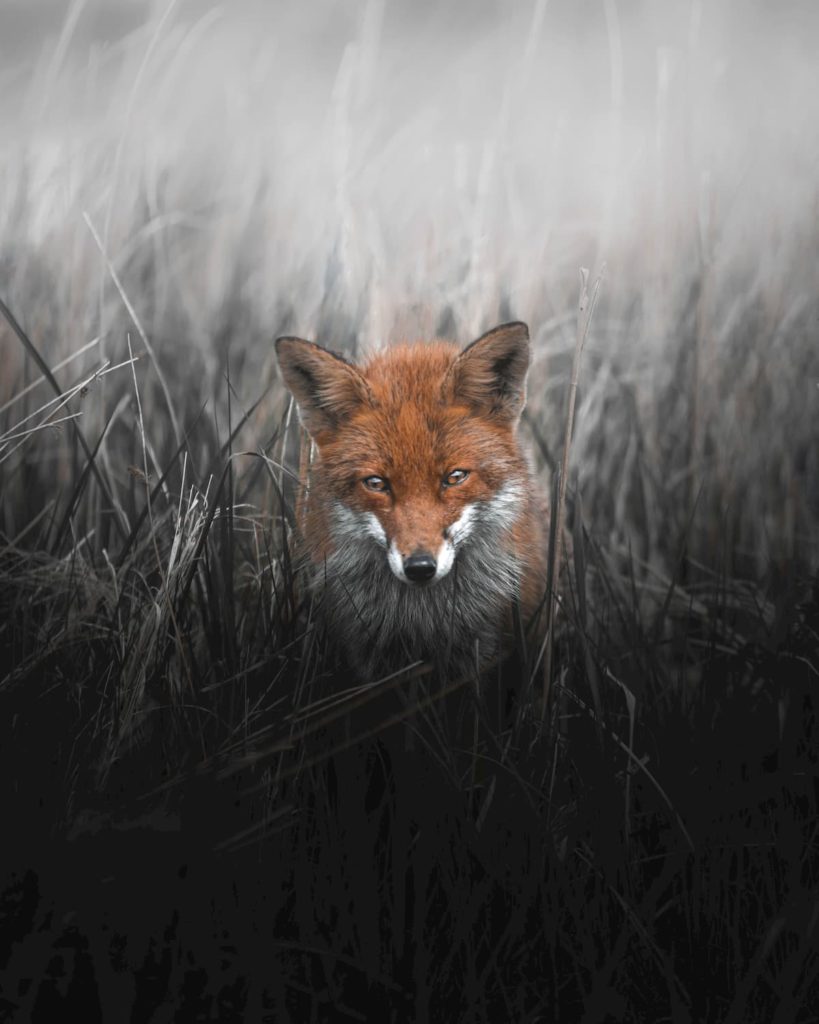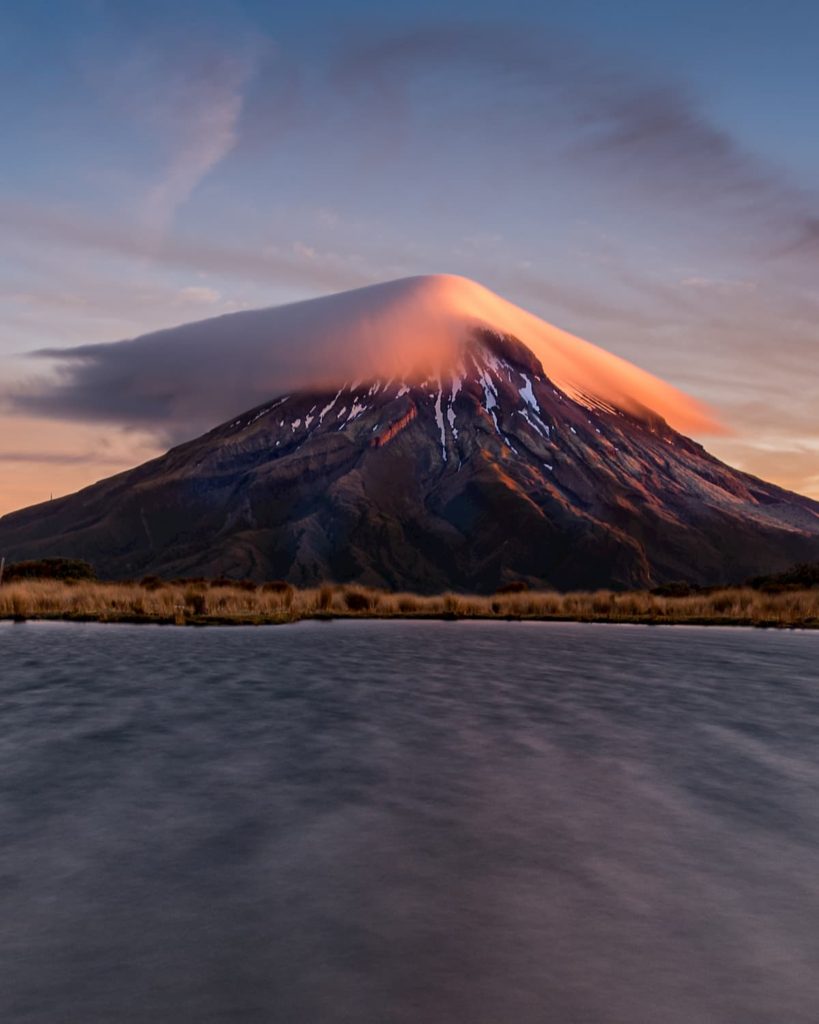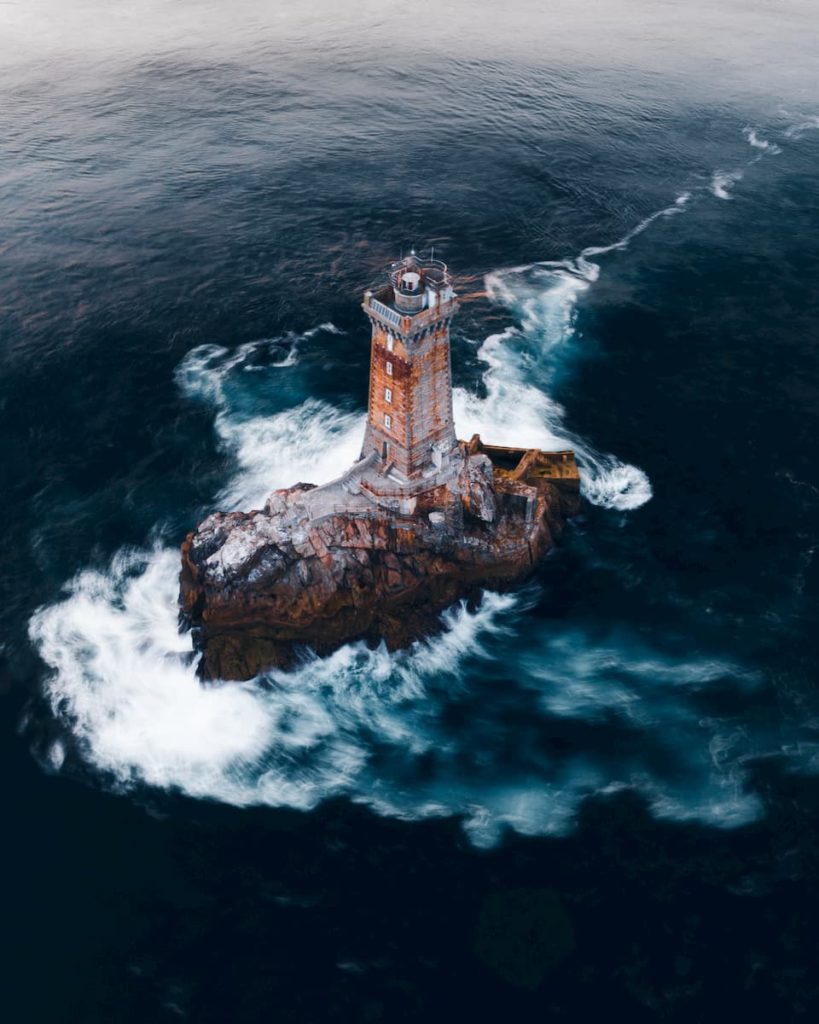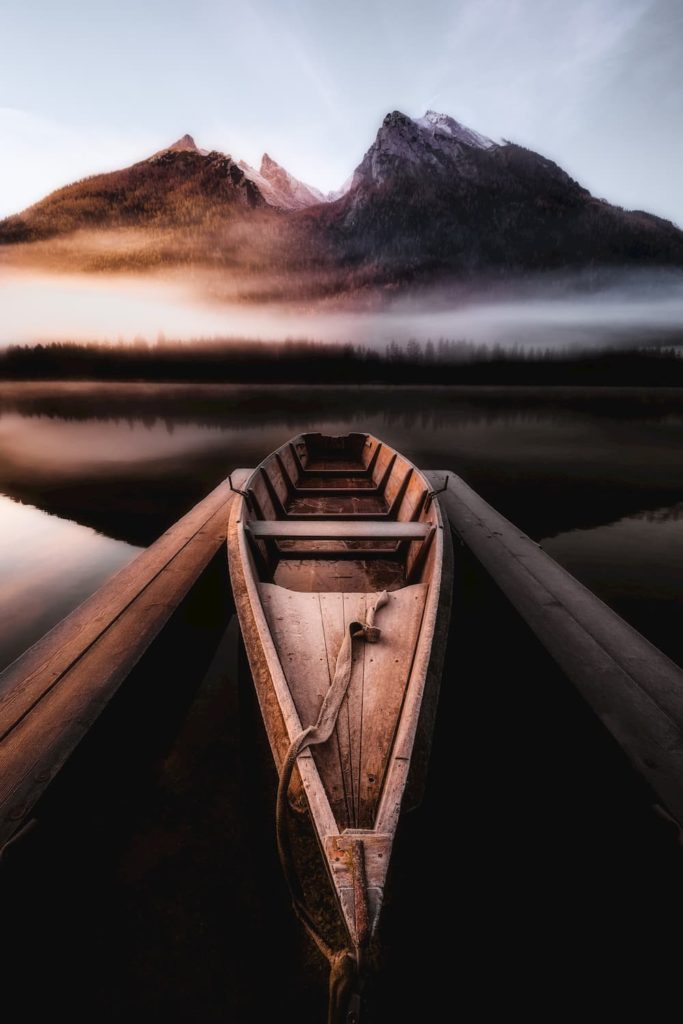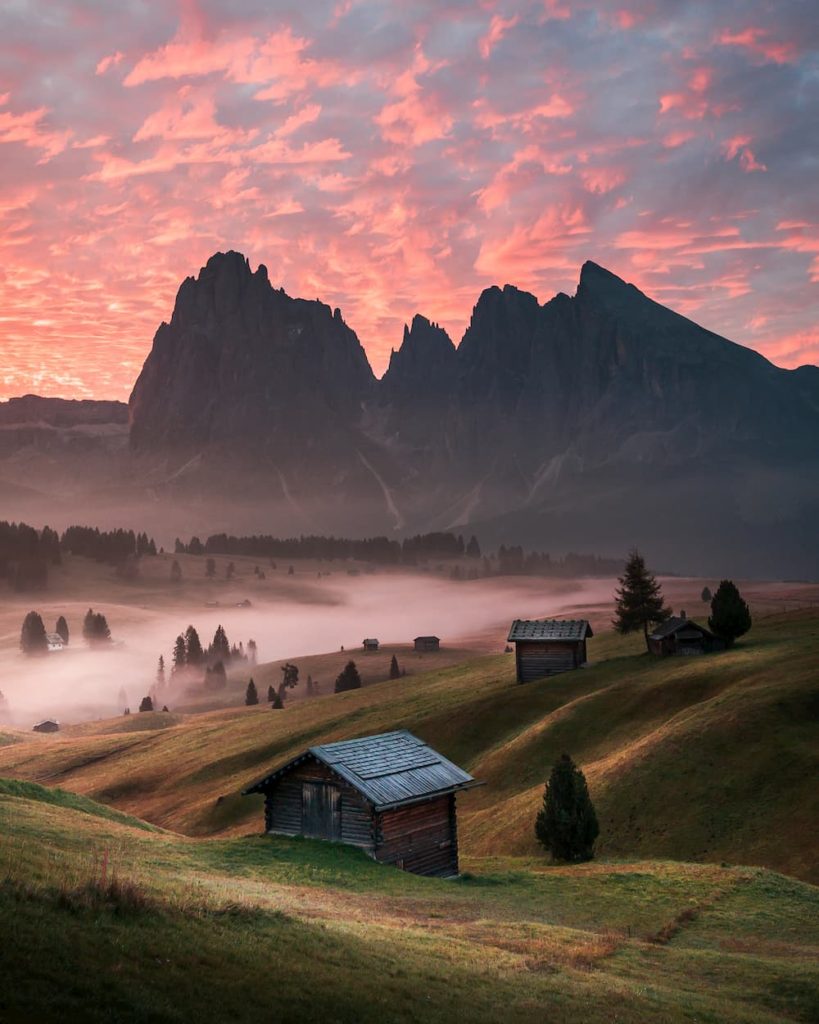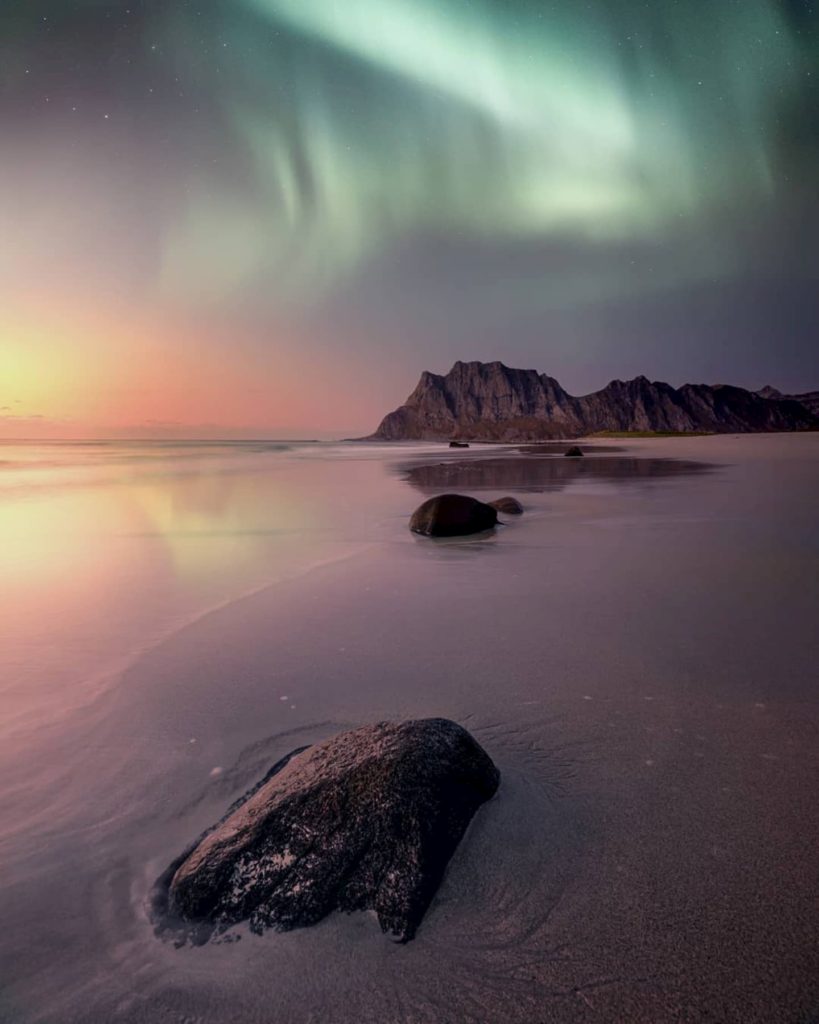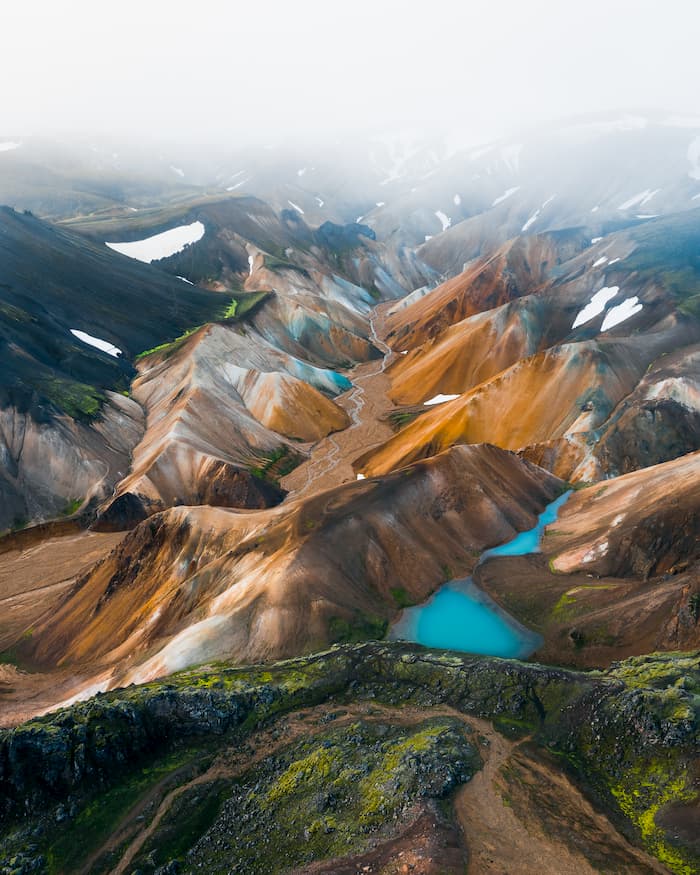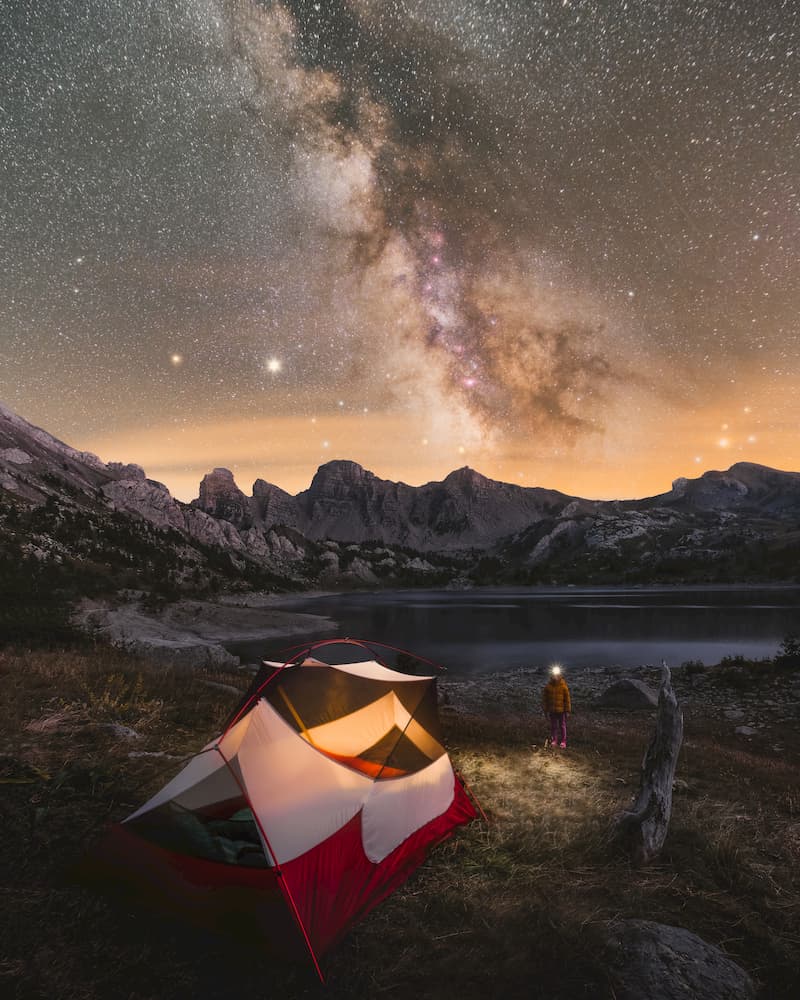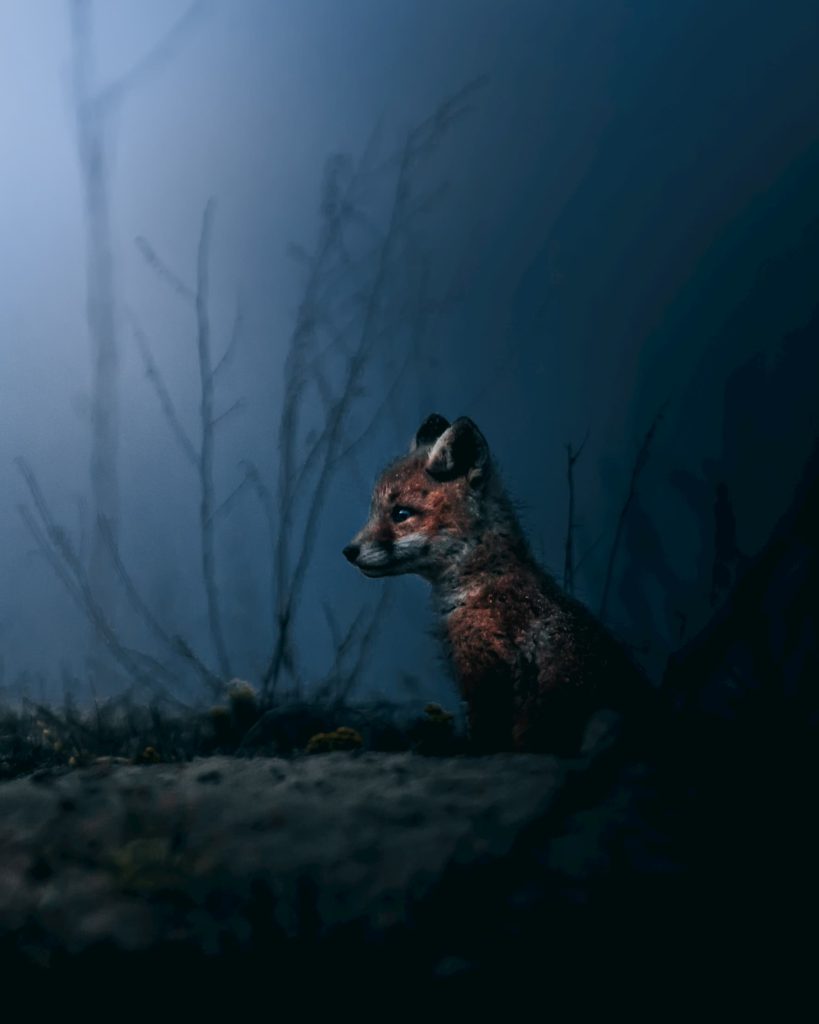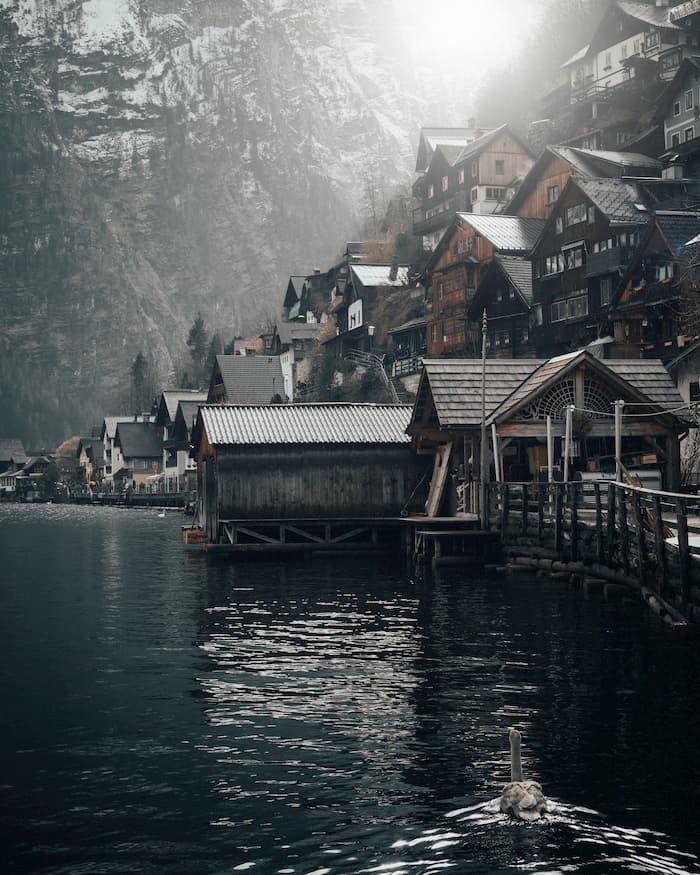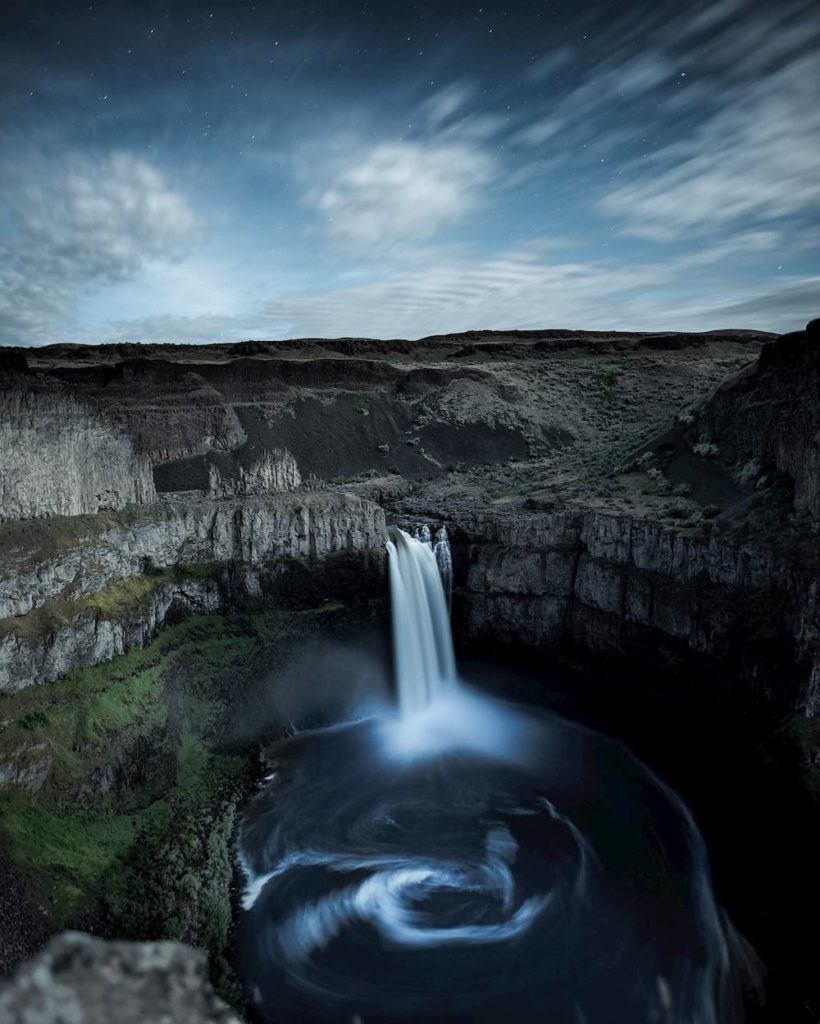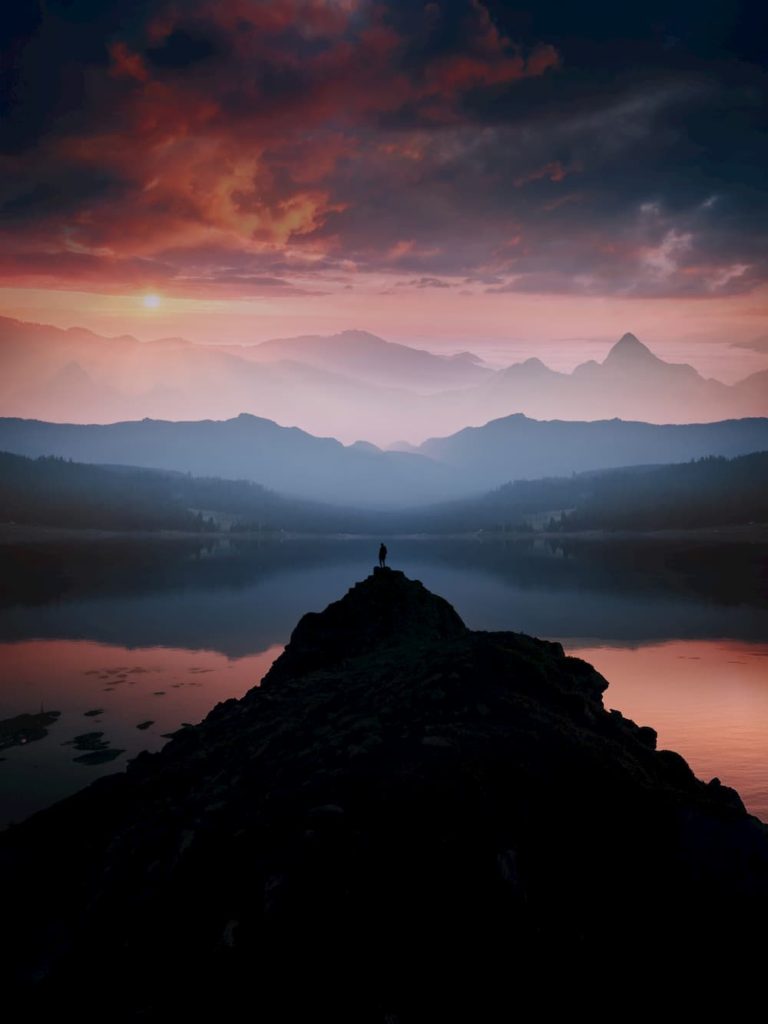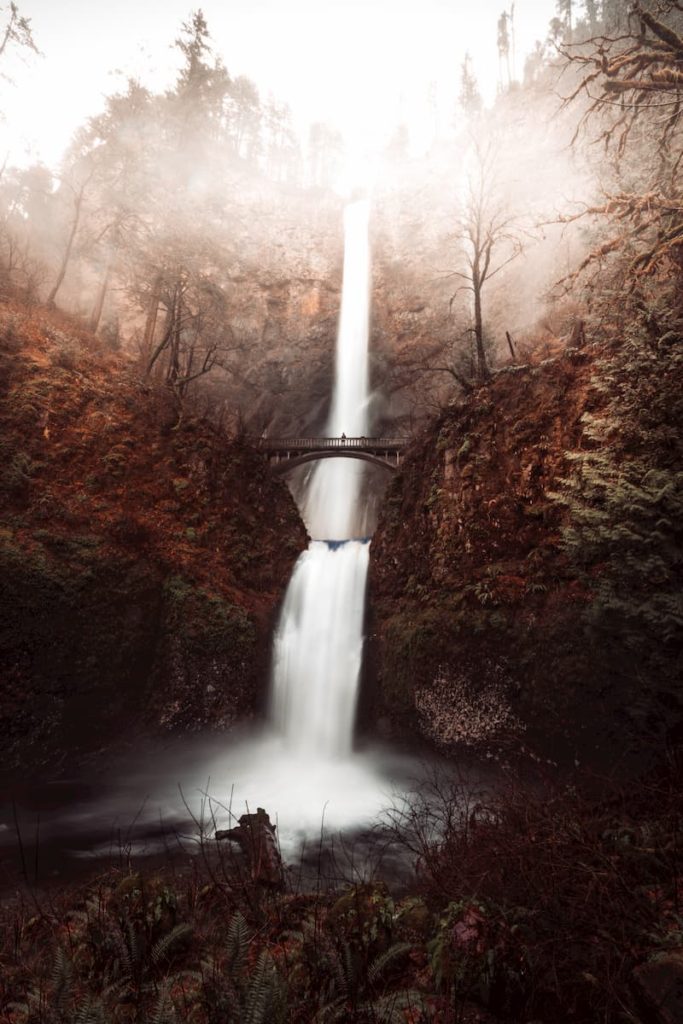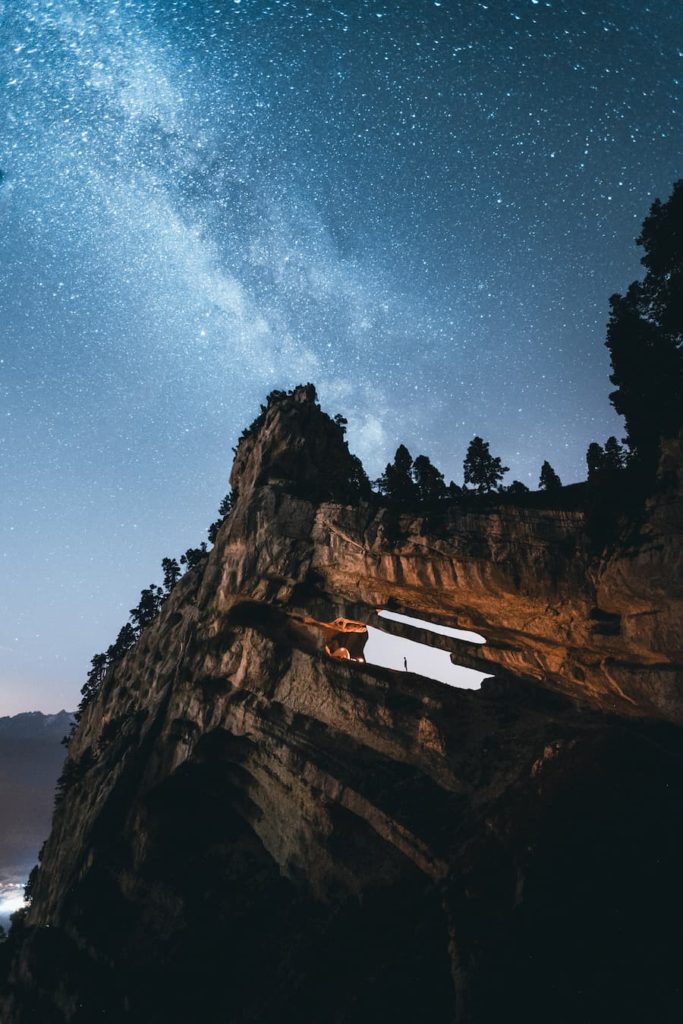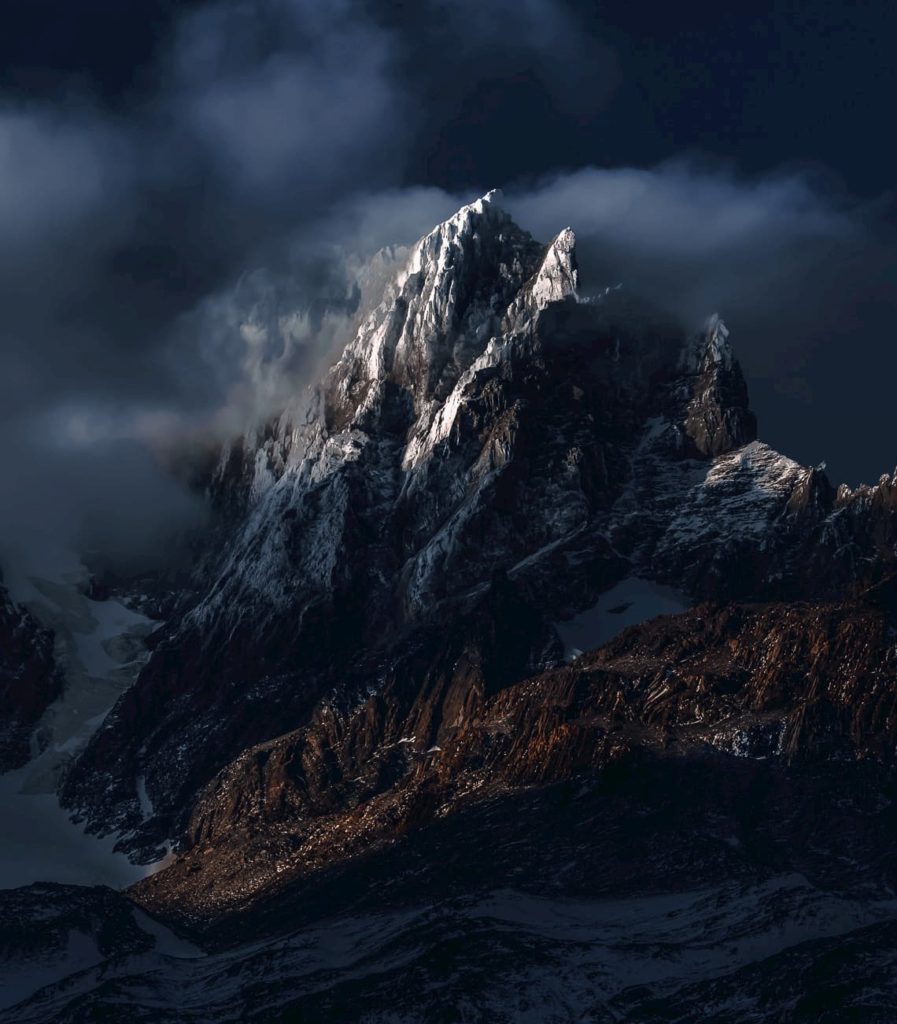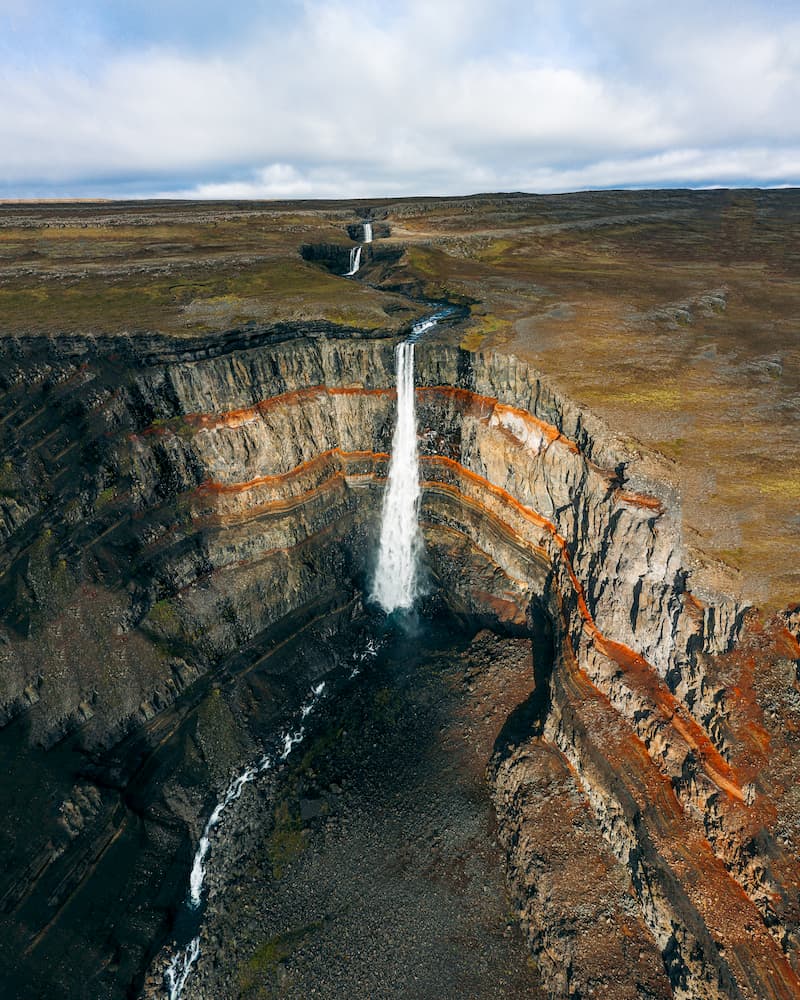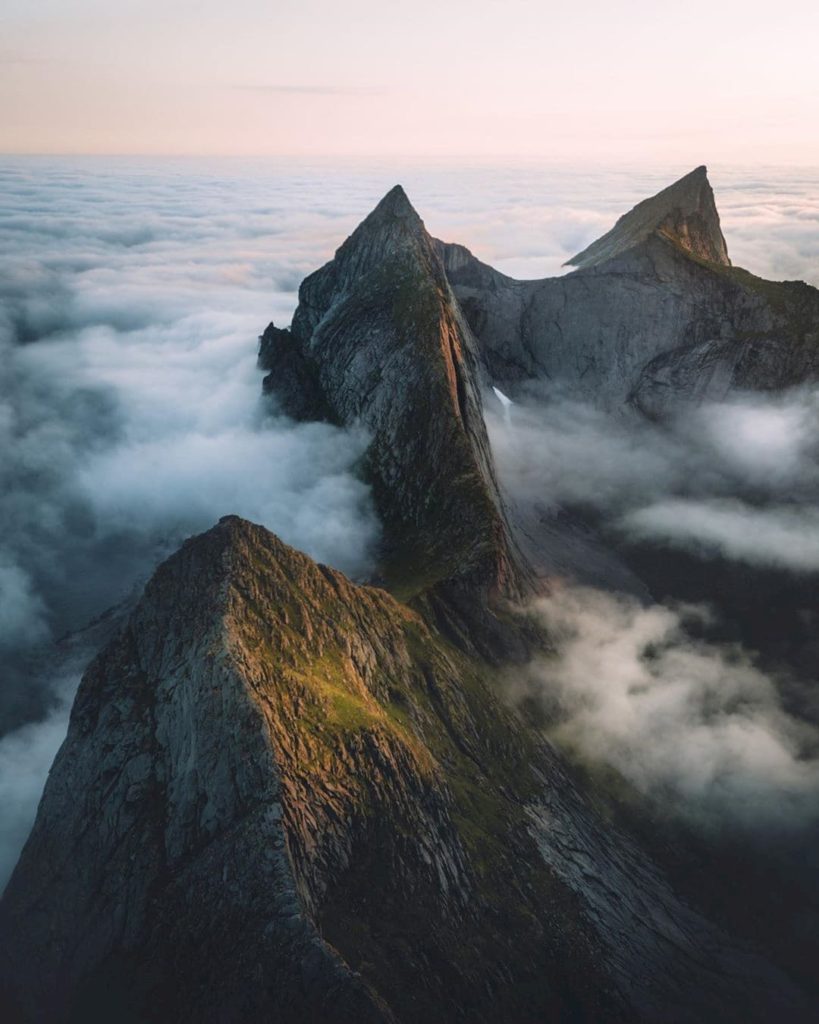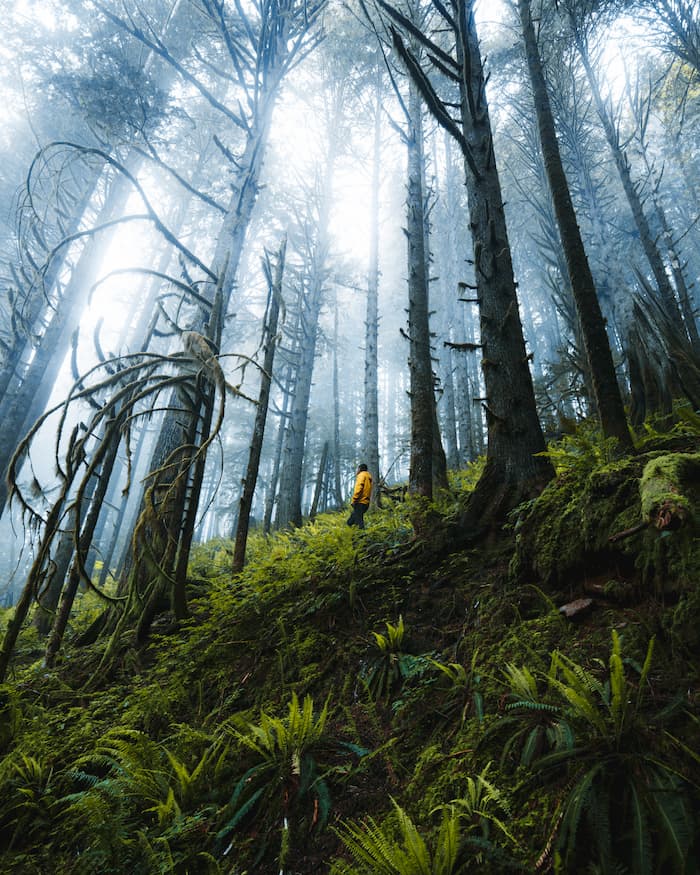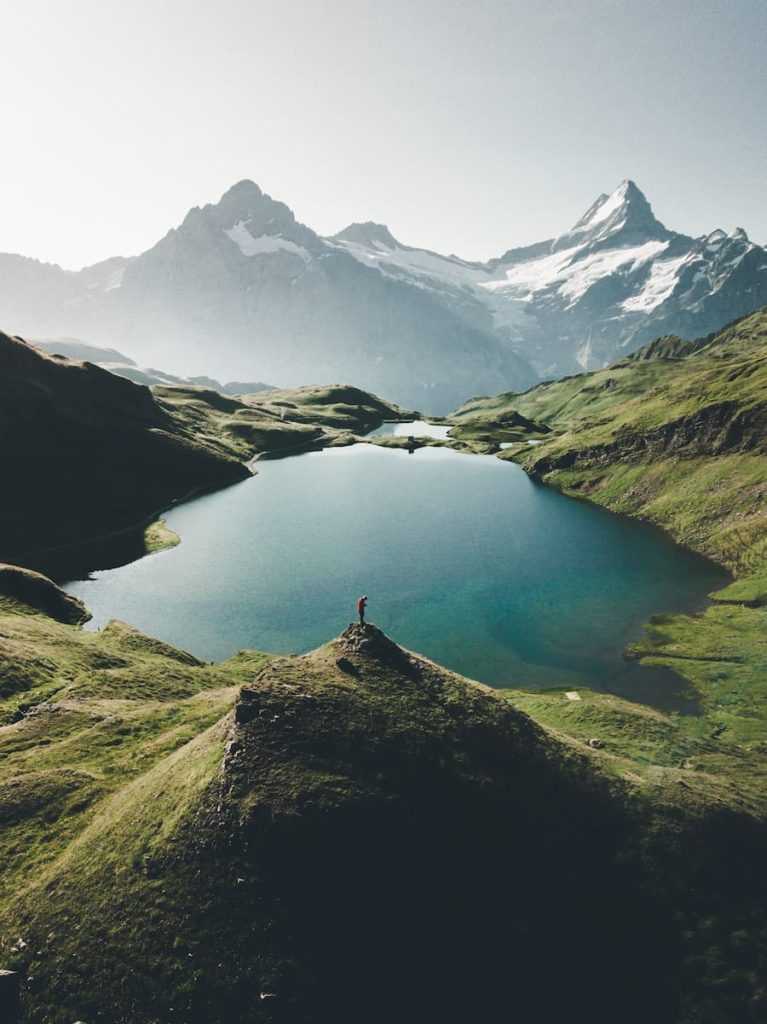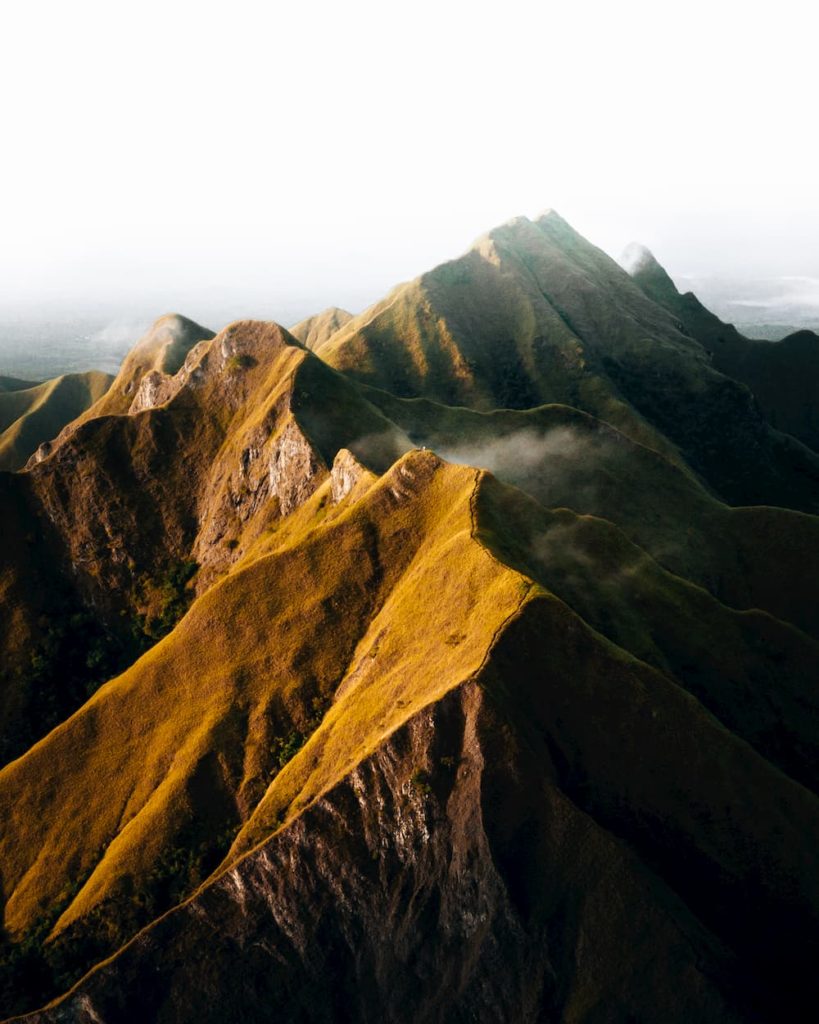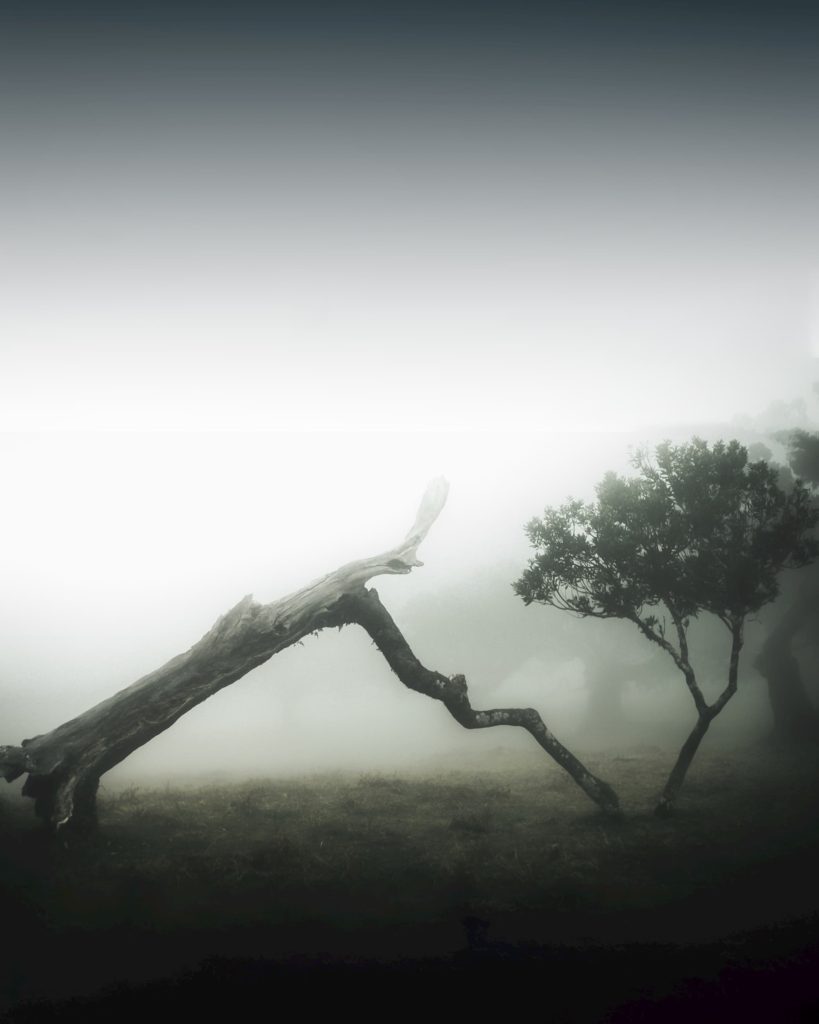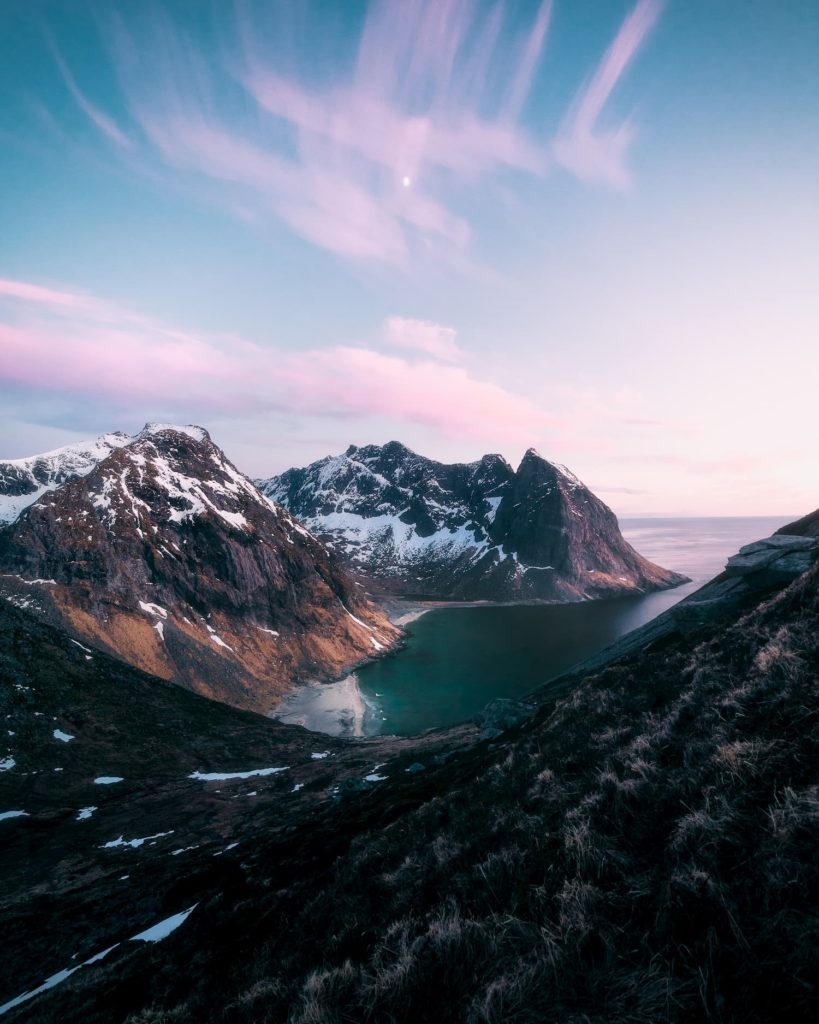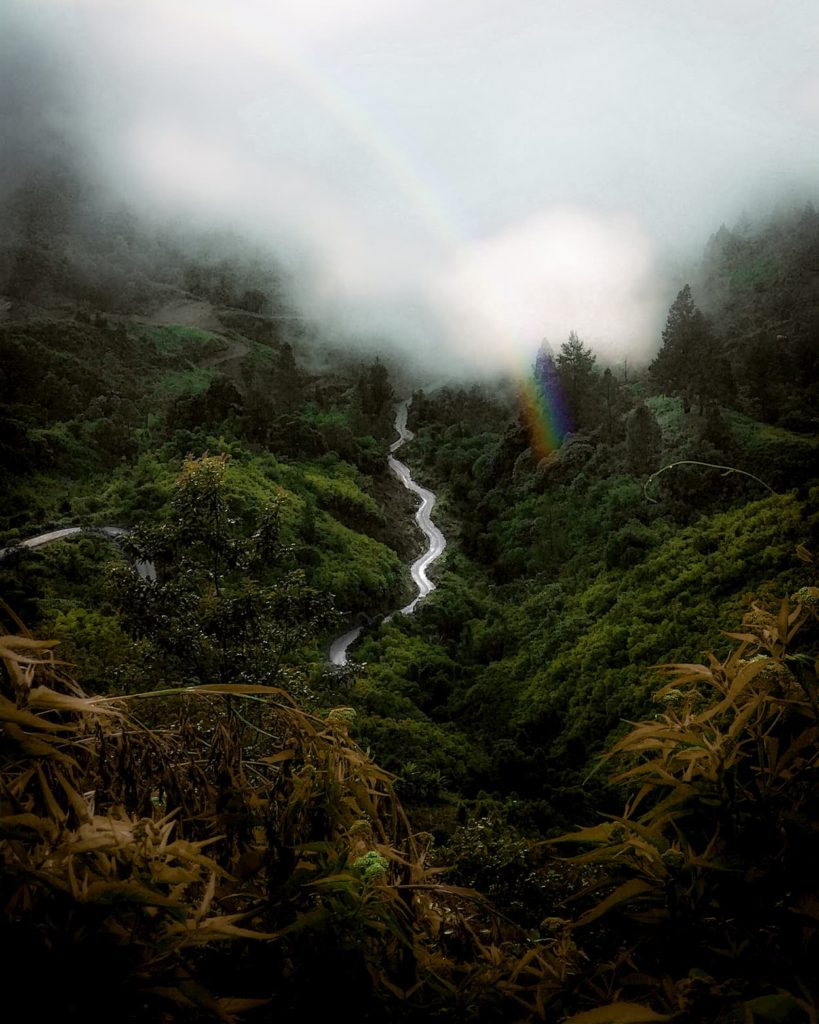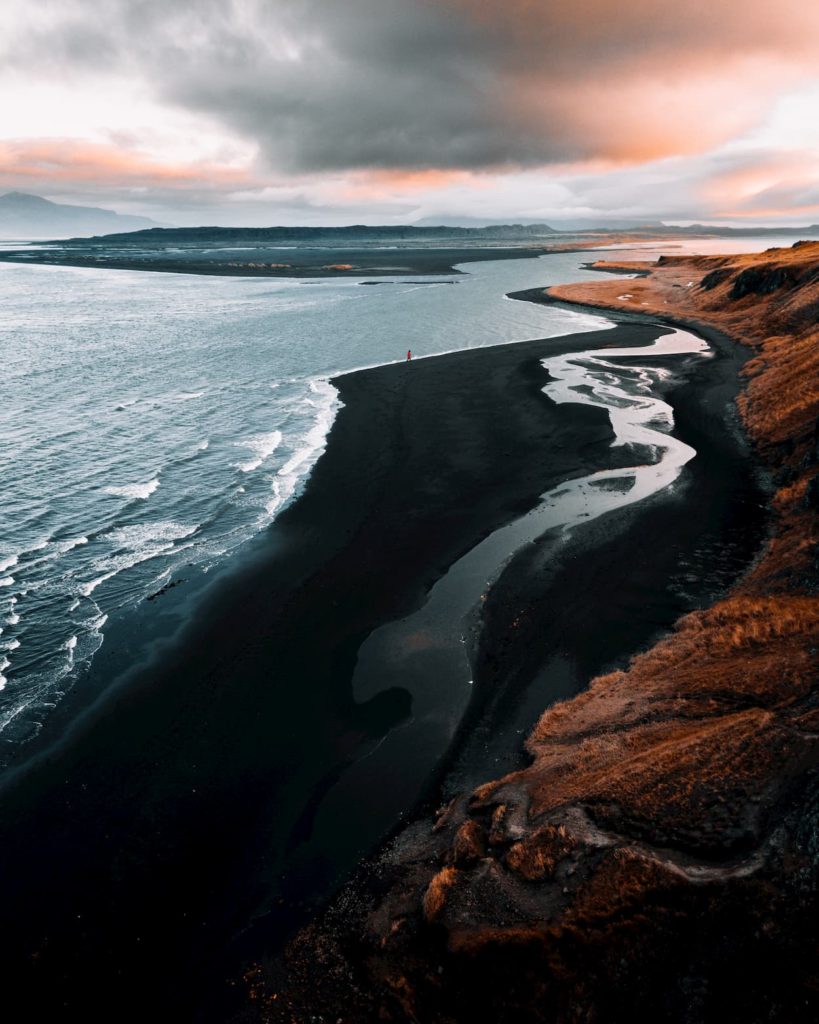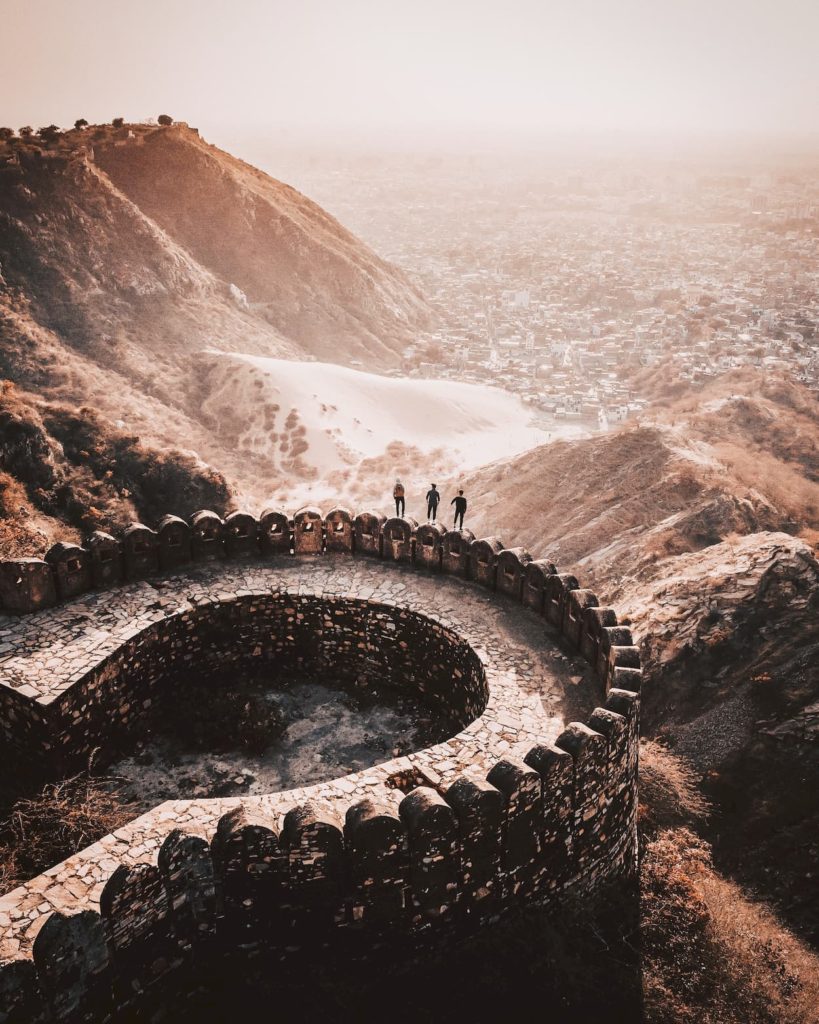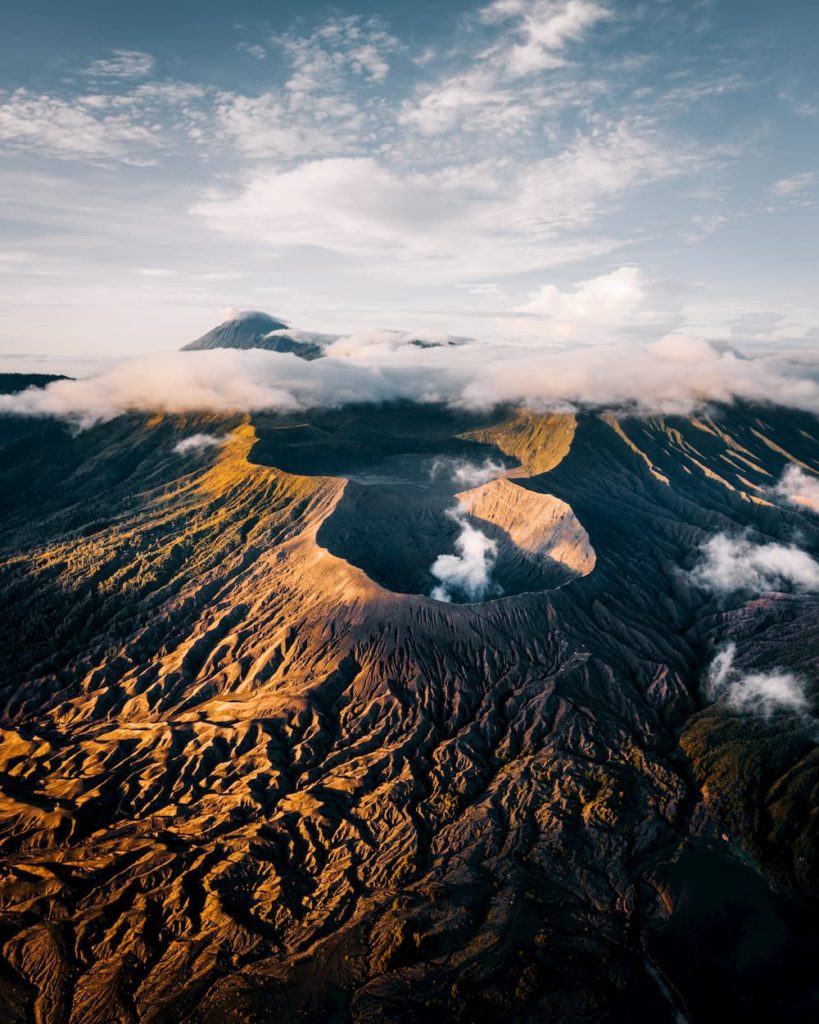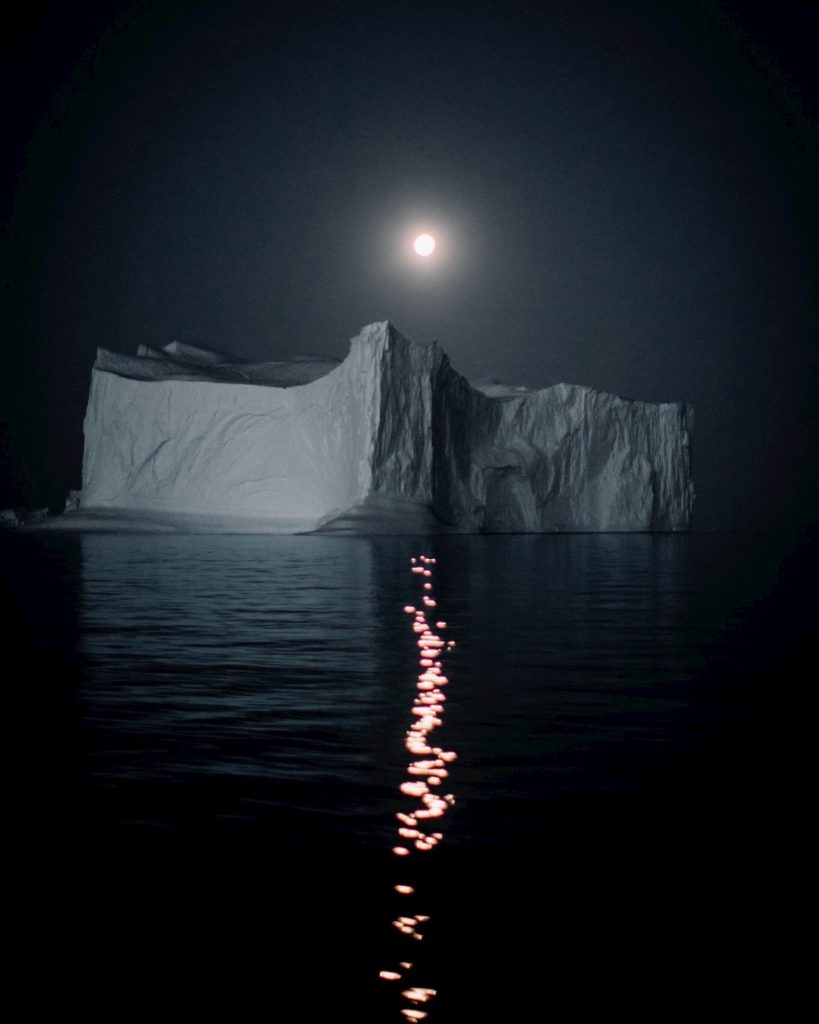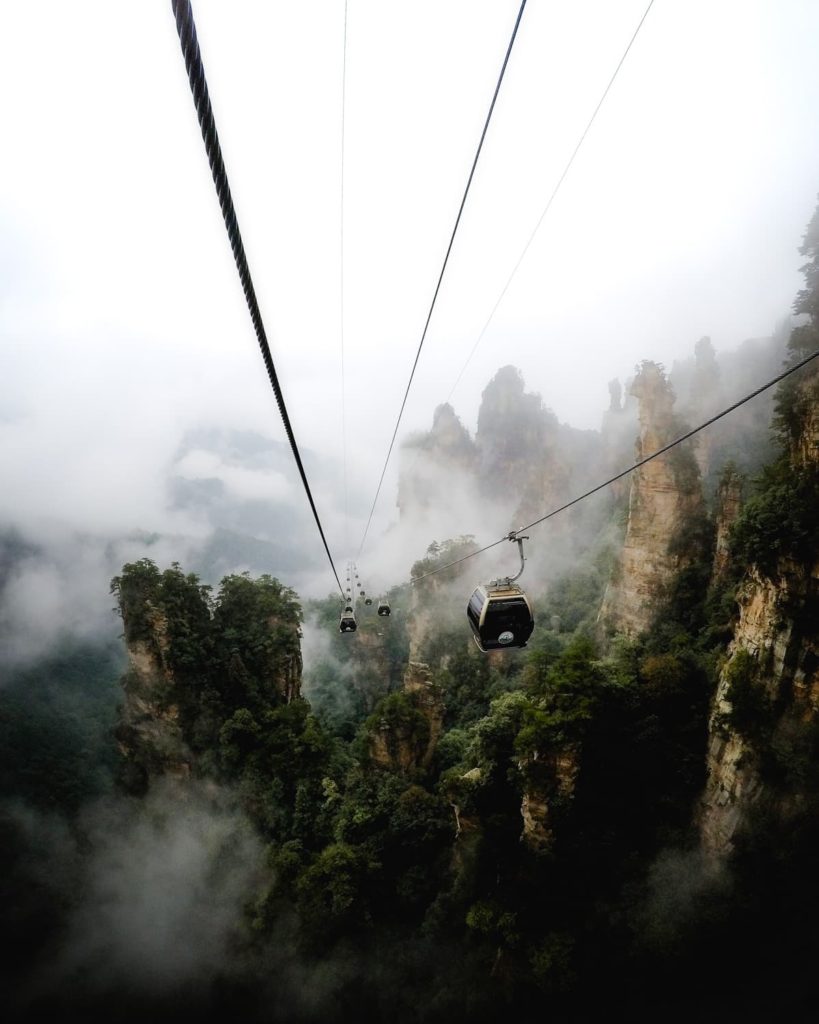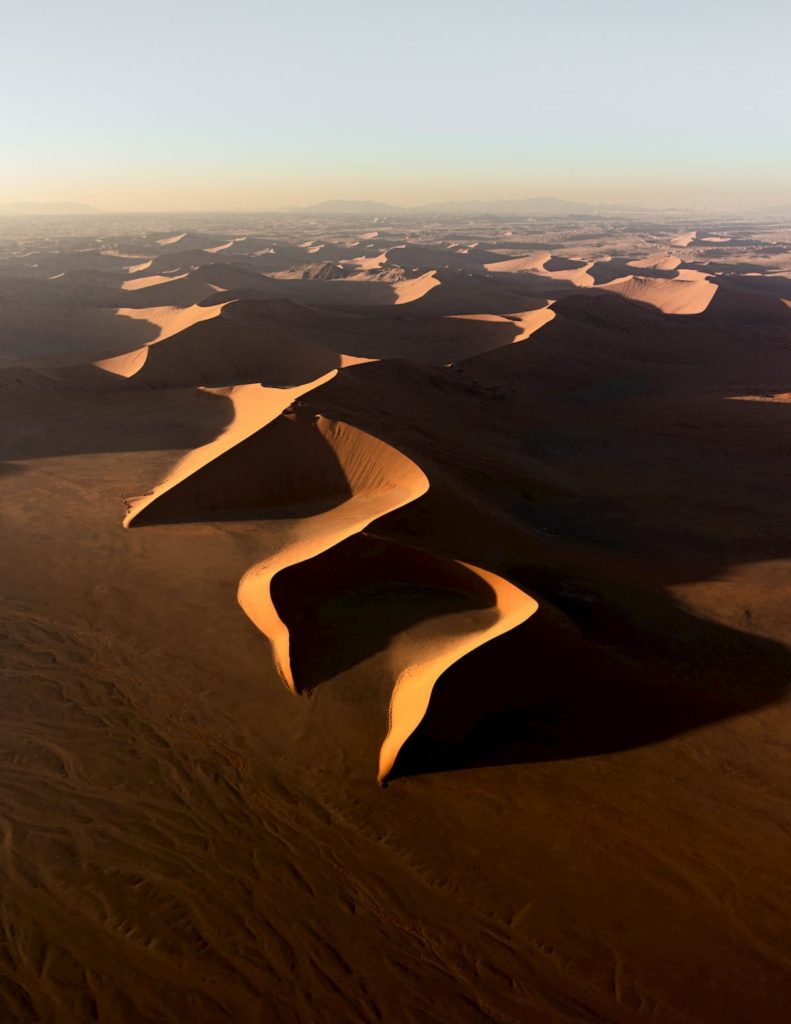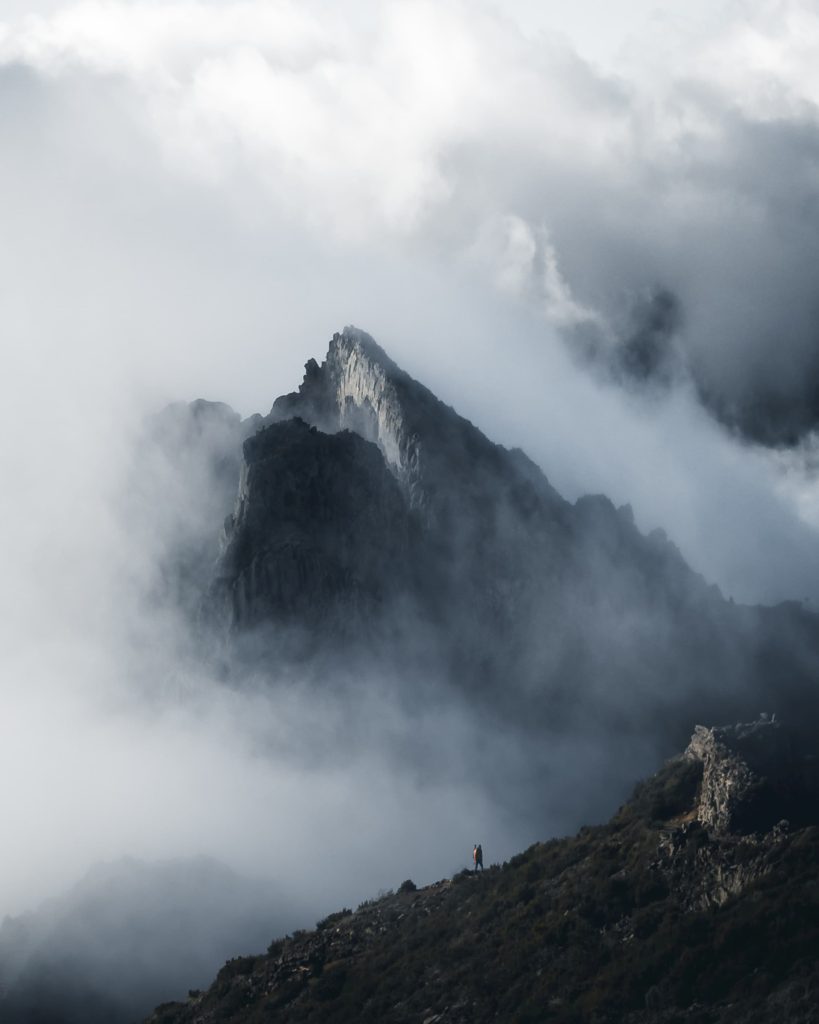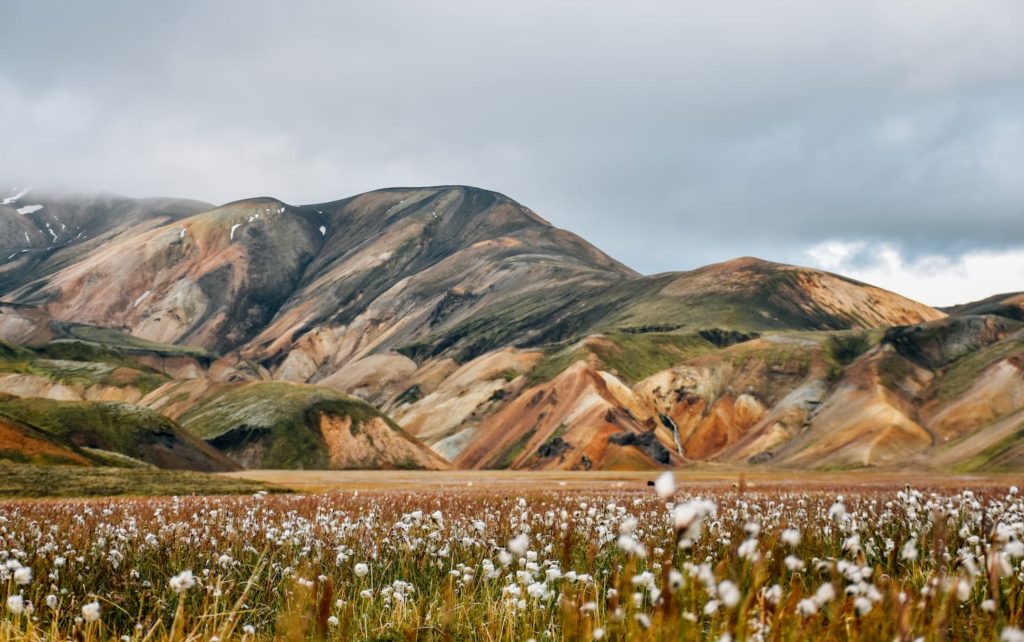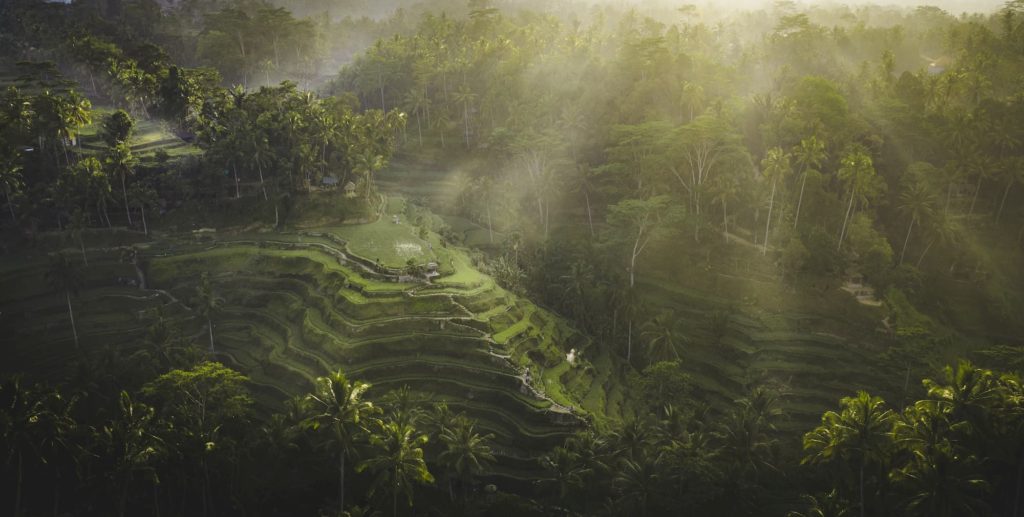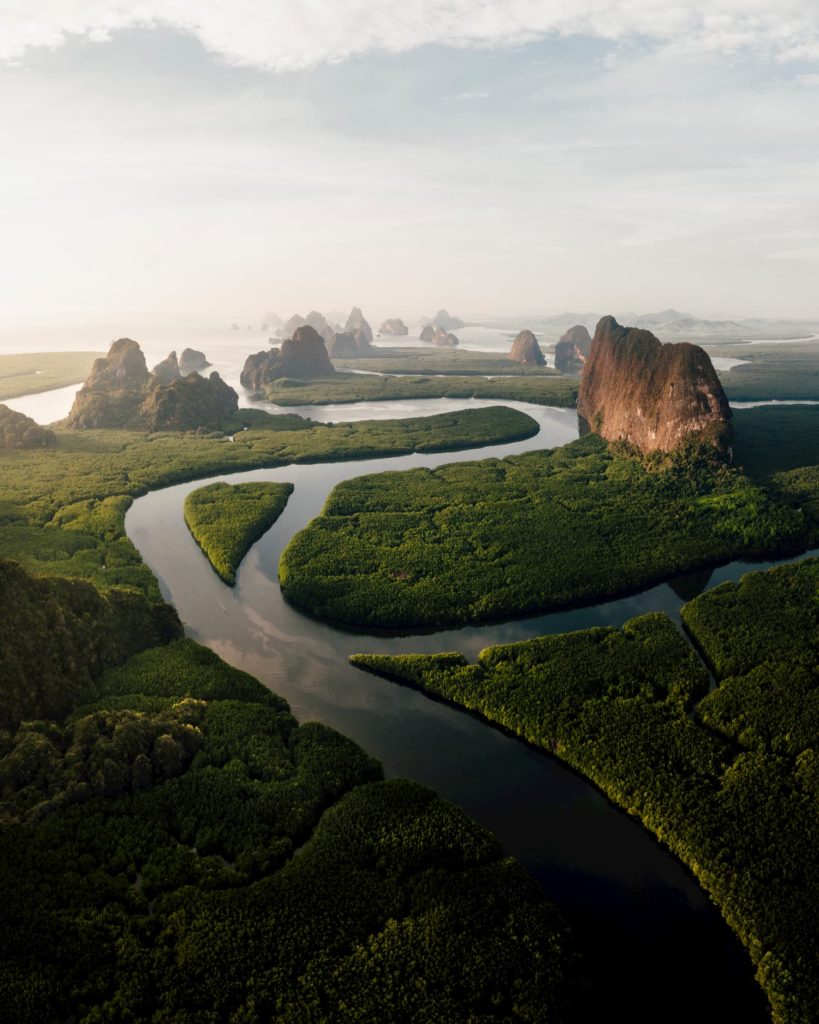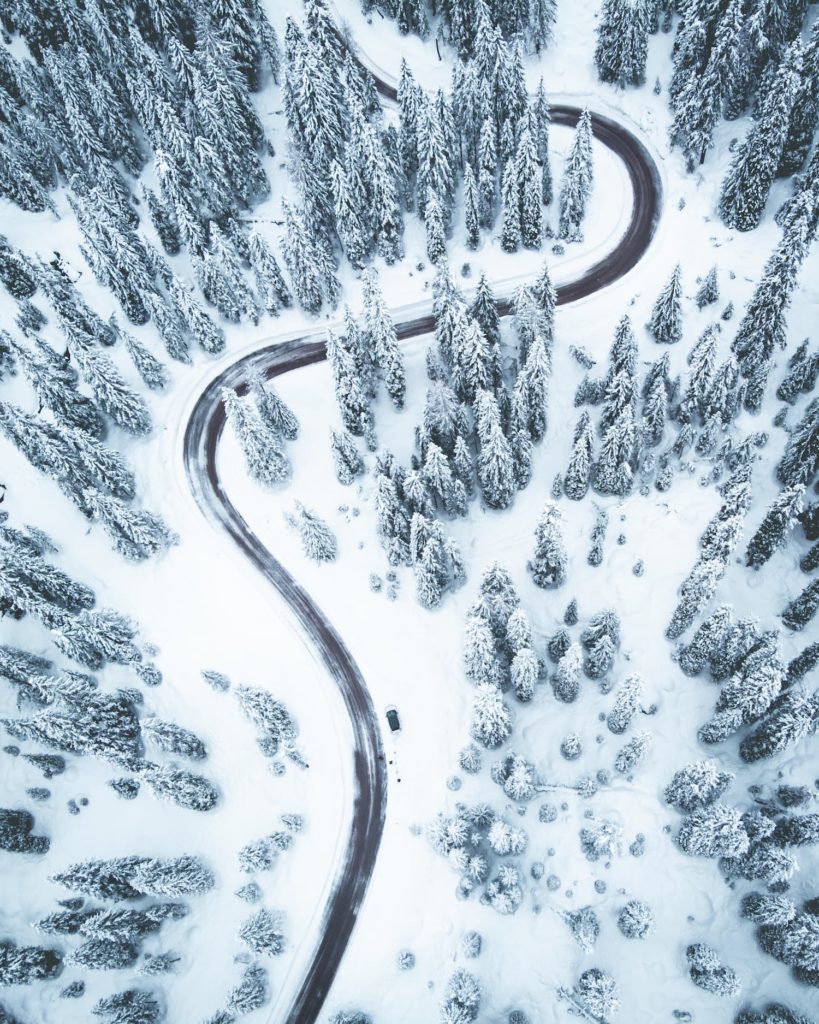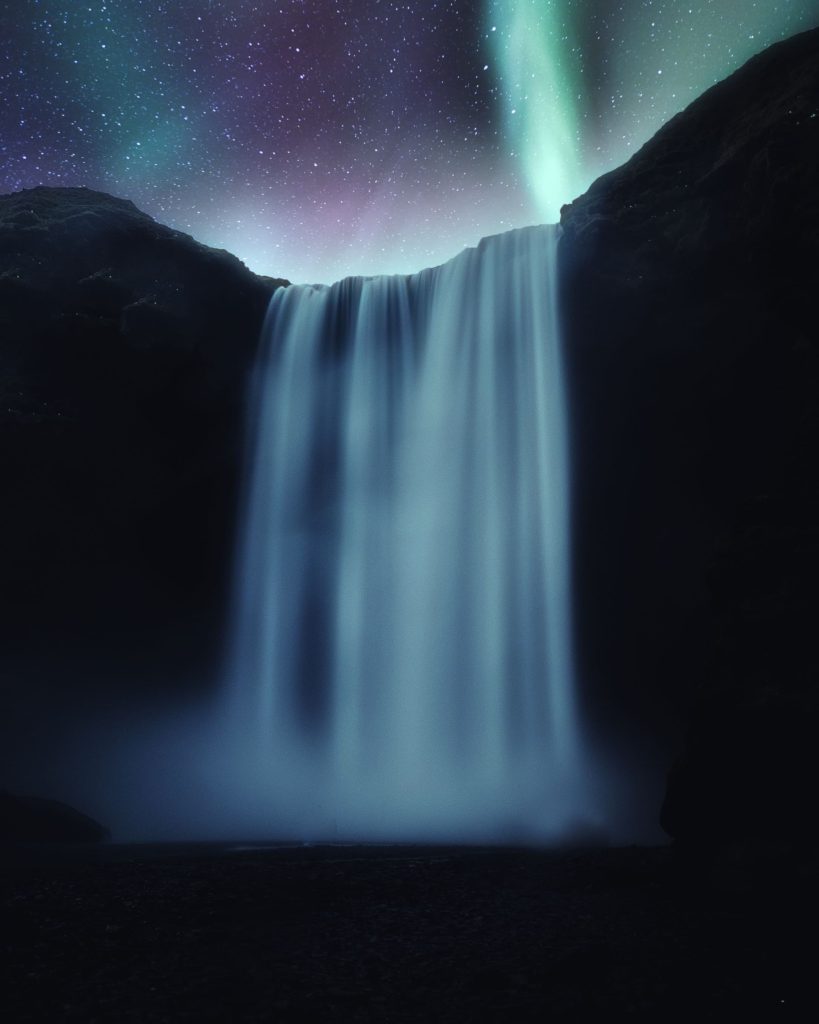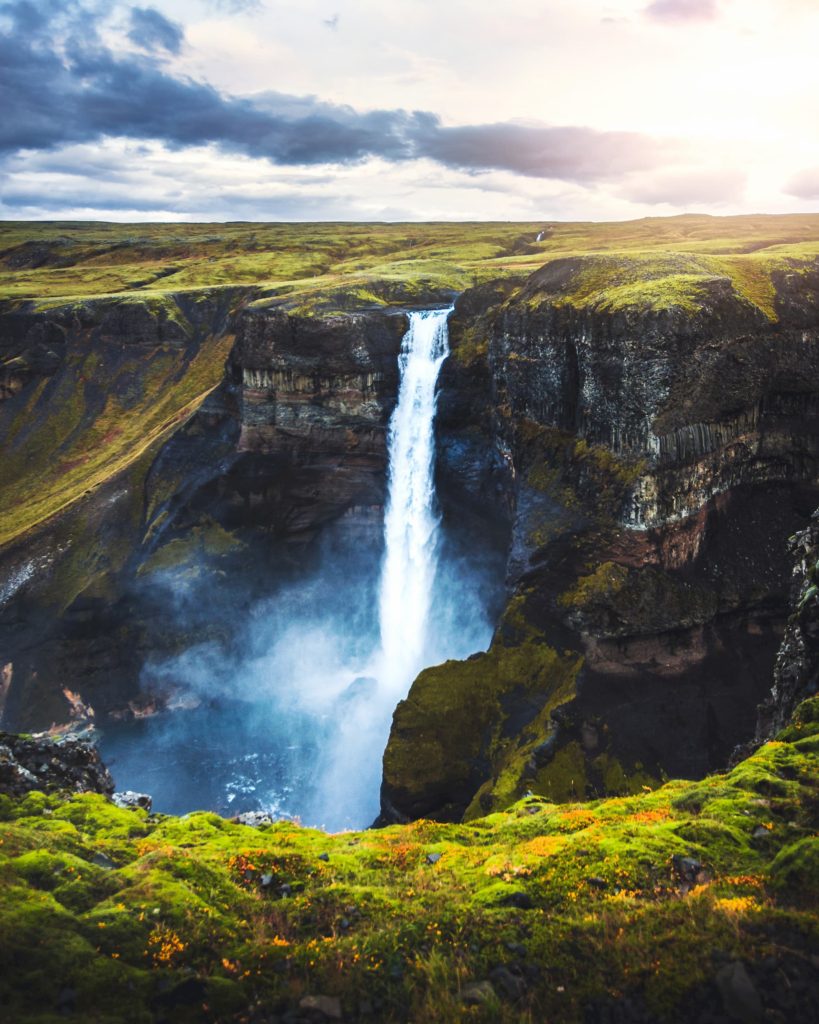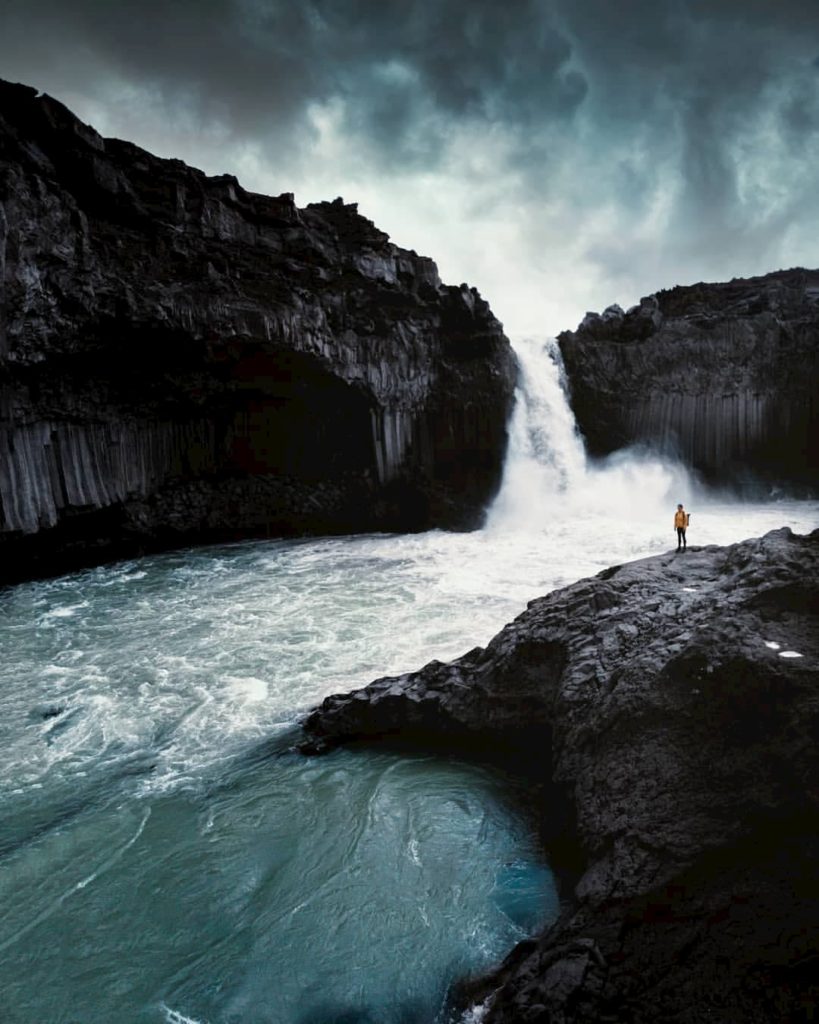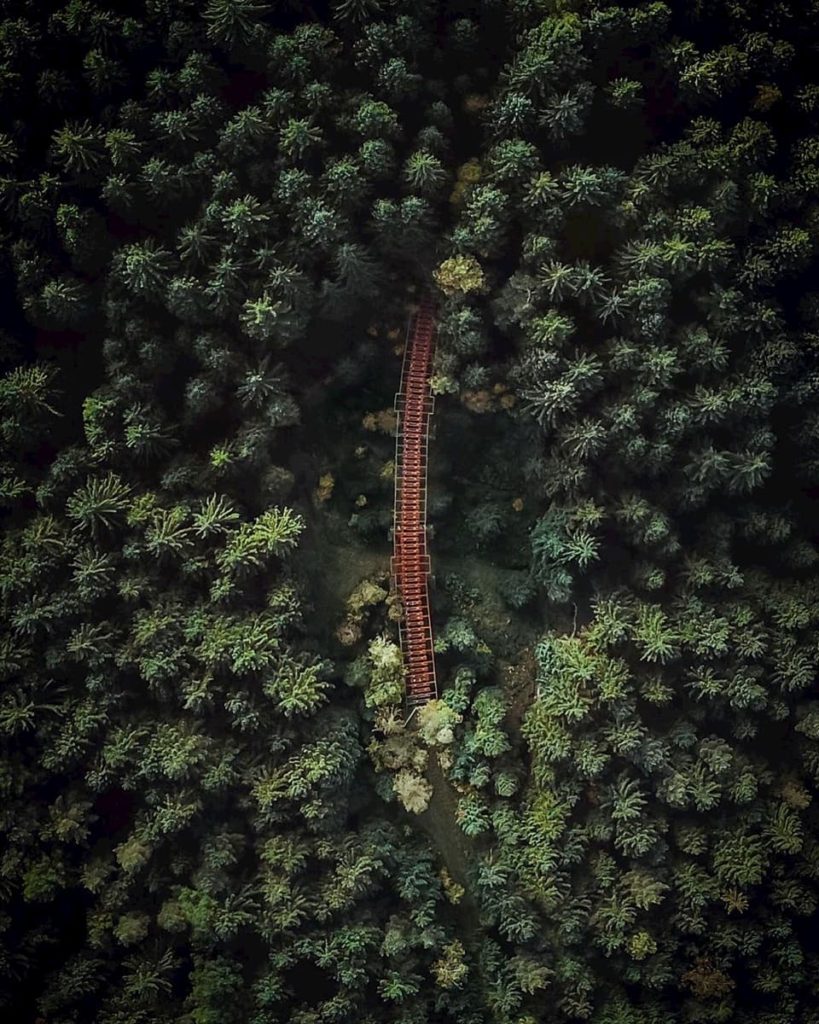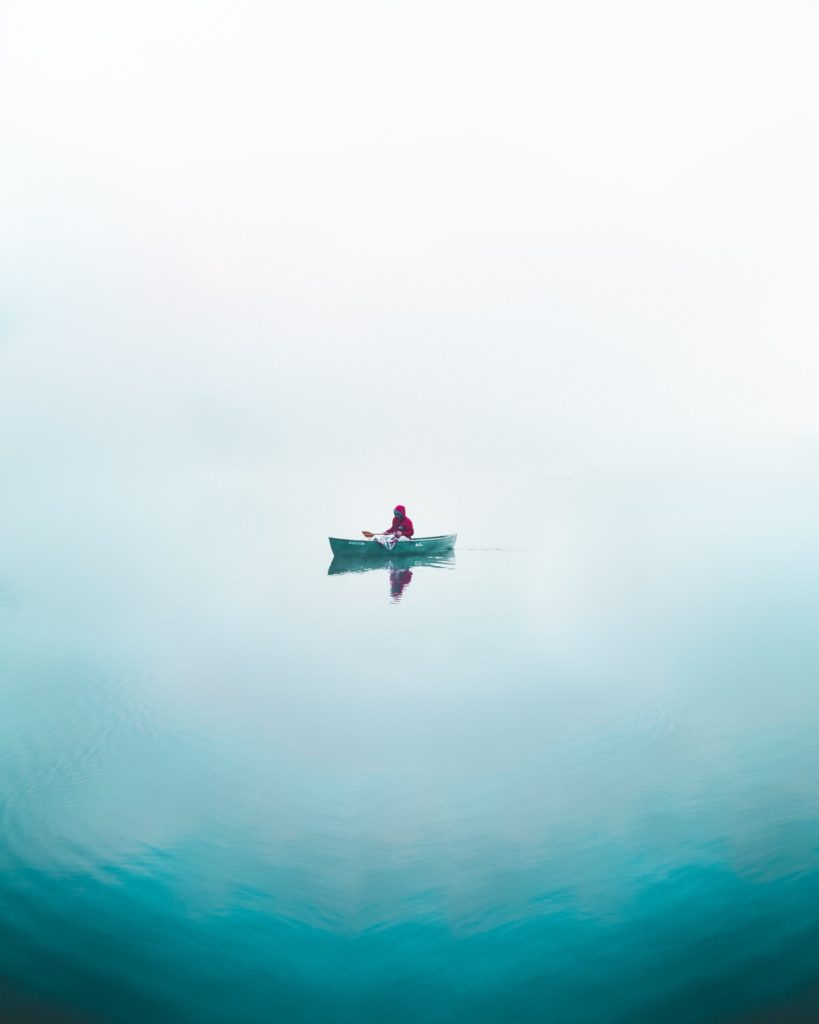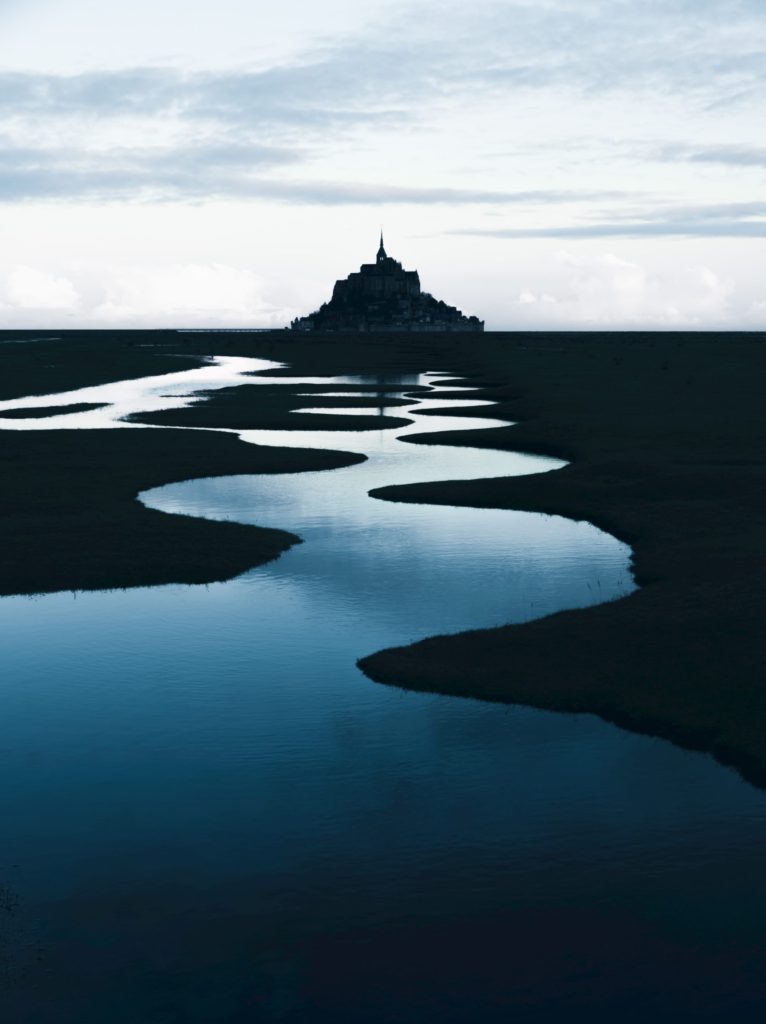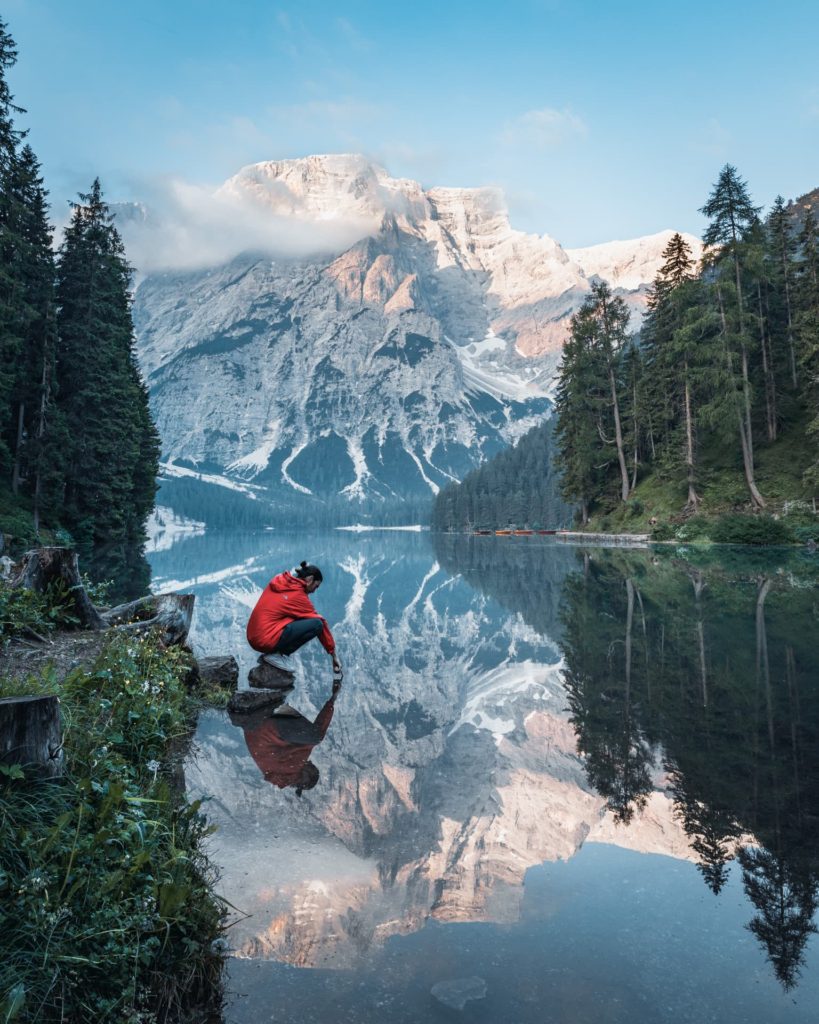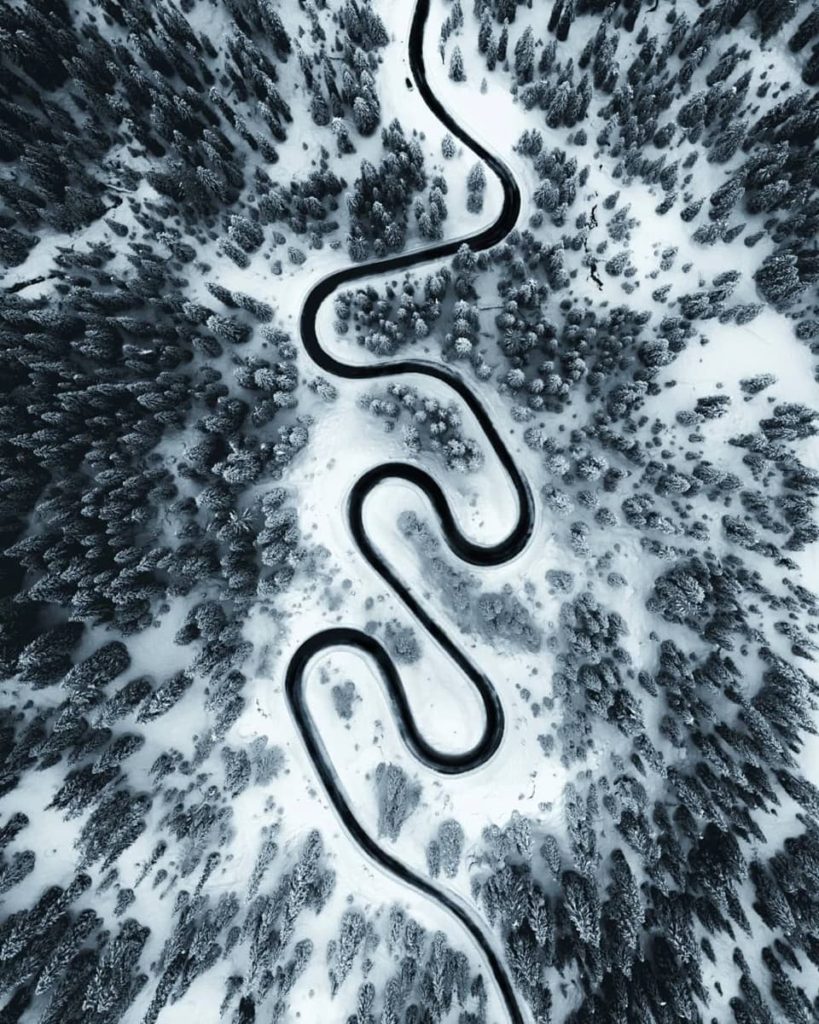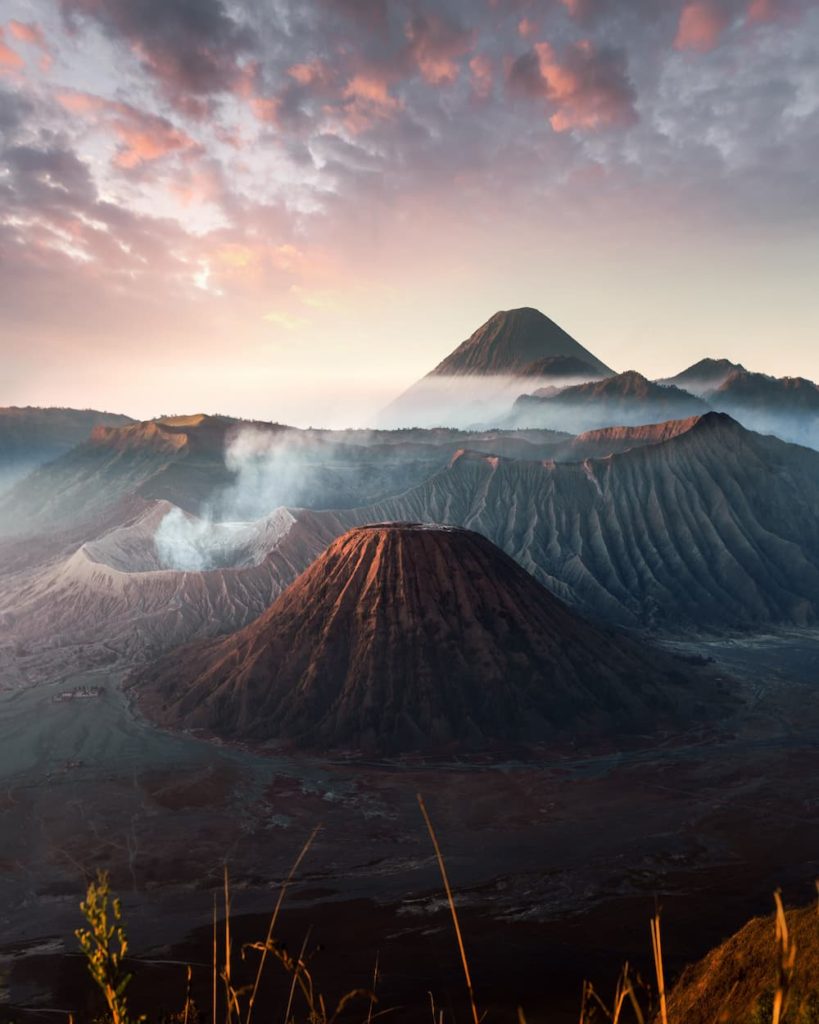
Kévin Pagès
@kevin._.pages
Best of the week 11 at #nomadict 2021
This story begins on Wednesday 24th of February 2021 when we had our first M5.7 earthquake in Reykjavik followed by over 55.000 more in the following weeks (of course not all of them as powerful as the first one).
We got to know that something was going on not far from the capital area and it was just a matter of time for an eruption to happen. It was and it still pretty hard to plan in advance what will happen, how, when and where. It could have taken as short as a week or as long as years, BUT it finally happens! The first (yes the “first” because right now we have 3 more) eruption started at 9:40 pm on Friday 19th of March. Excitement level went through the roof!
"Of course it wasn't allowed to drive there and get close to the eruption but we could see this crazy orange light in the clouds above the eruption site and this was already an epic moment to live."
The next day I had to go and check it out, so early in the morning I took my fiancée and a friend of mine with me to go and see it. We didn’t have precise information about the situation and didn’t make plans either because we didn’t know what to expect. We drove up to where the traffic was stopped by the Search And Rescue just outside of the town Grindavik and surprisingly there were only 4 or 5 cars before us, including one from the main Icelandic TV channel RÜV. So I parked the car and went to ask one of the SAR guys to get some information.
"It was forbidden to drive closer but it was allowed to hike up to the eruption site."
One way was about 7km and the weather was not the best but after hesitating 10 minutes we decided to do it, we had to!
They closed the road quite far away, which meant that the first 3 km were just paved roads until we had to turn left into a lava field and rocks. No paths were created at the moment yet, as it was so soon after the first eruption, which made the walk challenging. It was a pure adventure feeling walking to the unknown. After 2 hours of walking with cold wind, rain, snow and sometimes some shy sun rays, we were getting a bit tired and couldn’t see the end. Once we passed the last mountain, our eyes were captivated by the view of the erupting volcano.
"It was finally there! It's hard to describe that feeling, it was something very unique, a mix of excitement, fear and joy."
Because it was the very beginning of the eruption we were able to get really close to the lava and the crater and there were only a few people (mostly people from the SAR). However, on our way back to the car, after spending around four hours at the scene, we met hundreds of people heading there. Only 2 hours after we had left the car, the media officially announced that we were allowed to walk to the eruption site which attracted the mass. You can imagine how happy I was that I had already contemplated the scene and taken my shots without too many people!
"The very first thing I did capture was actually a video of the lava spitting out of the crater. When we spotted it we just sat down on the side of a mountain; it was so hypnotic, mesmerizing."
I just wanted to be still, put my camera on the tripod, start recording and enjoy what was happening in front of me – a spectacular natural phenomenon. It was my very first time seeing a volcano eruption so I was going crazy and it was hard to focus on something specific. It took me some time to calm down and to evaluate the area to be able then to plan my shots.
A week before the eruption I had crashed my drone in an ice cave (first time in 5 years of droning around and it happened the week before the eruption, I couldn’t believe it!). Luckily, my friend had one with him so I was able to fly over this beauty and capture my winning shot with his drone, a vertical panorama of the crater with the lava flowing around it. I really wanted to capture an overview of the site to get a scale of what was happening. Of course I had to take in consideration the heat coming out of the lava (about 1200 degrees celsius) and try to keep a “safe” distance with the drone so it wouldn’t melt.
When I edited the photos from that day I wanted to show my feelings through the colours, light and contrast. The weather was already kinda dramatic and the eruption made everything even more dramatic. I always try to edit my photos the way my eyes see the moment, the way I perceive the light and the general atmosphere but without alienating too far from how it looks in reality. I usually play with highlights, contrast, shadows and I lower the saturation just a bit.
With this whole new and exciting adventure, I first of all realised that I need to do more hikes to be in better shape… Now I have gone back to the site about six times, it’s already getting better! But more seriously, I have learned a lot that day, especially on how to capture a volcano eruption as this was quite unusual for me. I have learned from the experience itself as well; being able to see this teaches a lot about how Iceland was made and how powerful nature can be. It’s even hard to keep in mind how dangerous and unpredictable it is.
It’s an amazing chance that we have right now to be able to see and experience this from such a close distance and think more about the existence and composition of our Earth. It is like an open geology classroom with Mother Nature as a teacher. And there’s no better one than her.
Would you like content like this sent to your inbox?
BEST OF THE WEEK JANUARY 2021
BEST OF THE WEEK DECEMBER 2020
BEST OF THE WEEK NOVEMBER 2020
BEST OF THE WEEK OCTOBER 2020
BEST OF THE WEEK SEPTEMBER 2020
BEST OF THE WEEK AUGUST 2020
BEST OF THE WEEK JULY 2020
BEST OF THE WEEK JUNE 2020
BEST OF THE WEEK MAY 2020
BEST OF THE WEEK APRIL 2020
BEST OF THE WEEK MARCH 2020
BEST OF THE WEEK FEBRUARY 2020
BEST OF THE WEEK JANUARY 2020
NOMADICT
ART GALLERY
THE LATEST STORIES
WRITEN WITH PASSION TO INSPIRE YOU
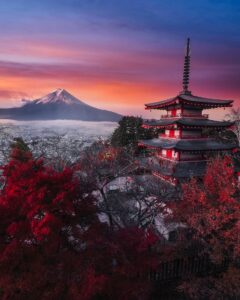
Sebastian Tan (@quetzalcoatlst): Best of the Week 44 at #nomadict
Driven by a desire to witness the world in its rawest states, Sebastian Tan pursues remote landscapes with patience and precision. Blending meticulous planning with resilience, his work transforms fleeting light into immersive fine art. Recognized internationally, Sebastian bridges the wild and familiar, inviting others to see through his lens.
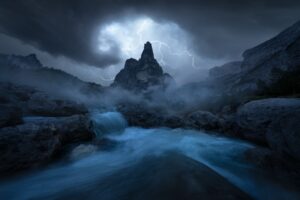
Filip Hrebenda (@filiphrebenda): Landscape and nature photographer
Known for capturing nature’s raw intensity, Filip Breda creates atmospheric landscapes shaped by storm, fire, and light. Winner of the 6th ColorPro Awards for Thunderstorm, his work reflects years of persistence, exploration, and a deep emotional connection to the elements.
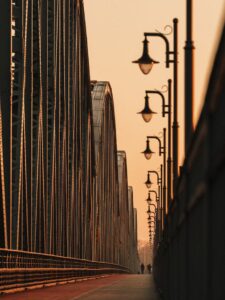
A guide to Toruń, Poland: A golden hour haven for telephoto tales in crimson and gold
Toruń, set along the Vistula River in north-central Poland, is a UNESCO-listed gem where Gothic brick façades glow in the last light of day. Small and unhurried, it’s a city made for slow wandering, and for watching golden hour turn terracotta rooftops into crimson and gold.
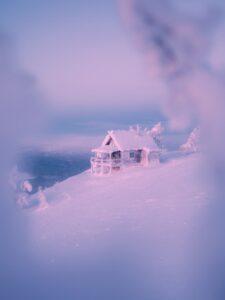
Kasper Rajasuo (@rajasuokasper): Best of the Week 46 at #nomadict
From childhood hikes to award-winning shots, Kasper Rajasuo’s journey is one of rapid evolution and deep connection. In this article, Kasper shares the technical secrets behind his “Santa’s Cabin” winning photo, the four lessons that defined his career, and how he uses color theory to transform harsh Finnish winters into dreamy, serene masterpieces.
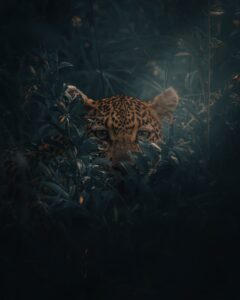
Andy Rider (@andyswildlife): Best of the Week 2 at #nomadict
Andy Rider is a passionate wildlife photographer and filmmaker based in South Africa, dedicated to capturing the raw beauty of nature while raising awareness about conservation. Inspired by legends like Steve Irwin, his journey began as a field guide, where he honed his skills and developed a deep respect for ethical wildlife photography.
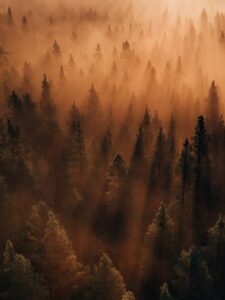
Philipp Pilz (@buchstabenhausen): Best of the Week 43 at #nomadict
In this article, photographer Philipp shares how time, clarity, and consistency have shaped his evolving relationship with nature photography. Drawn ever further north, he writes about embracing uncertainty, working with restraint, and finding beauty even when plans fall apart — including the unlikely story behind his Best of the Week–winning image.
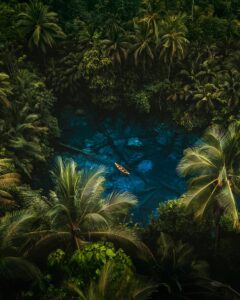
Tom Fähndrich (@tofenpics): Best of the Week 47 at #nomadict
Tom shares the journey behind his winning photography, from a passion for exploration and remote places to field lessons, composition choices, and color grading.
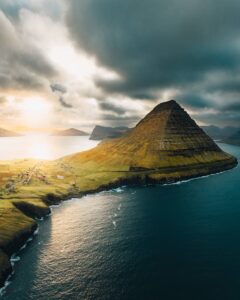
Photo tour in the Faroe Islands
Join us in the Faroe Islands for a unique photo tour, where you’ll elevate your creative skills with expert guidance from Ronald Soethje and Nomadict.
